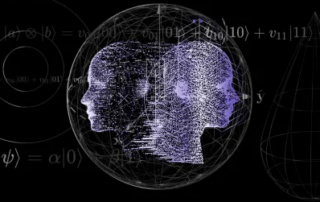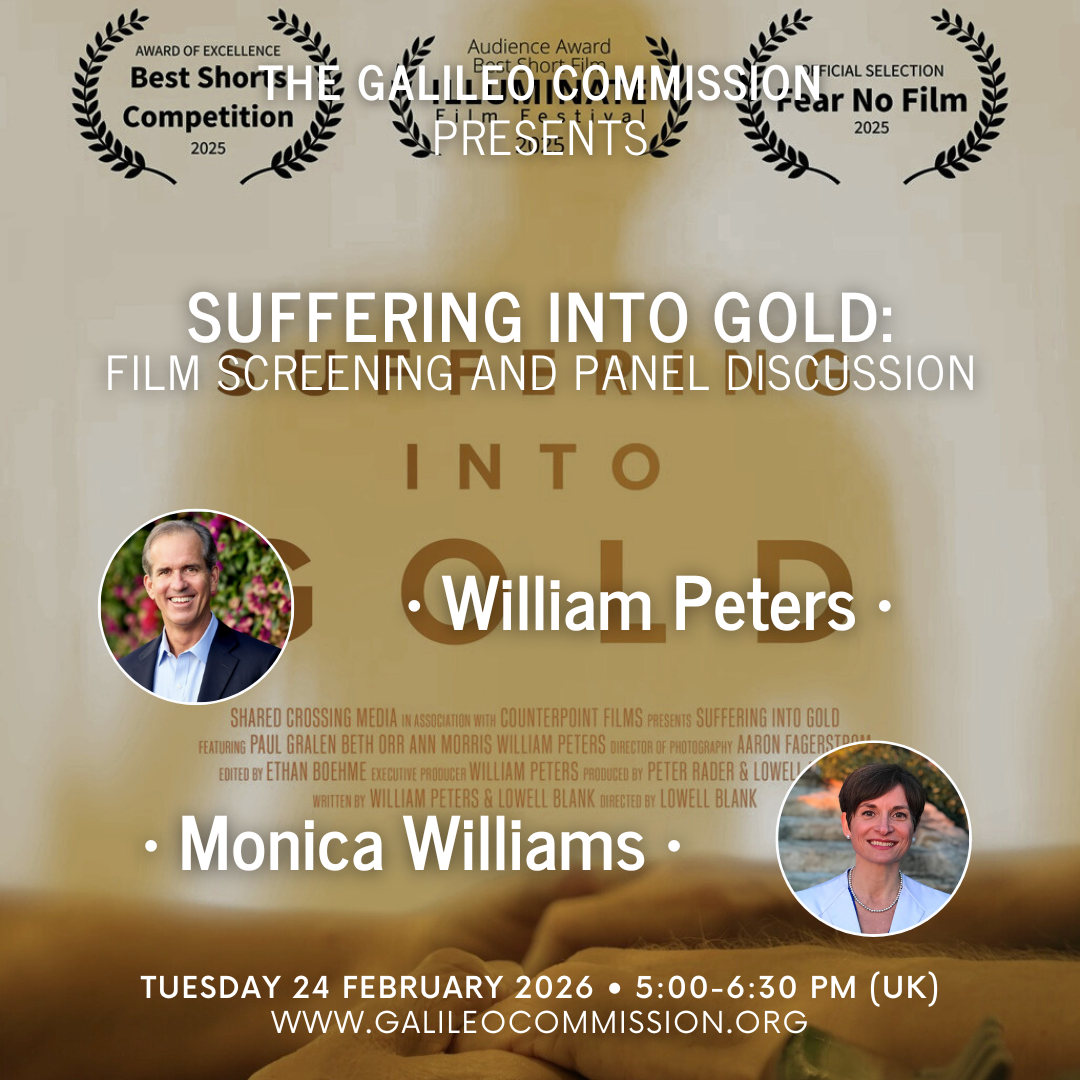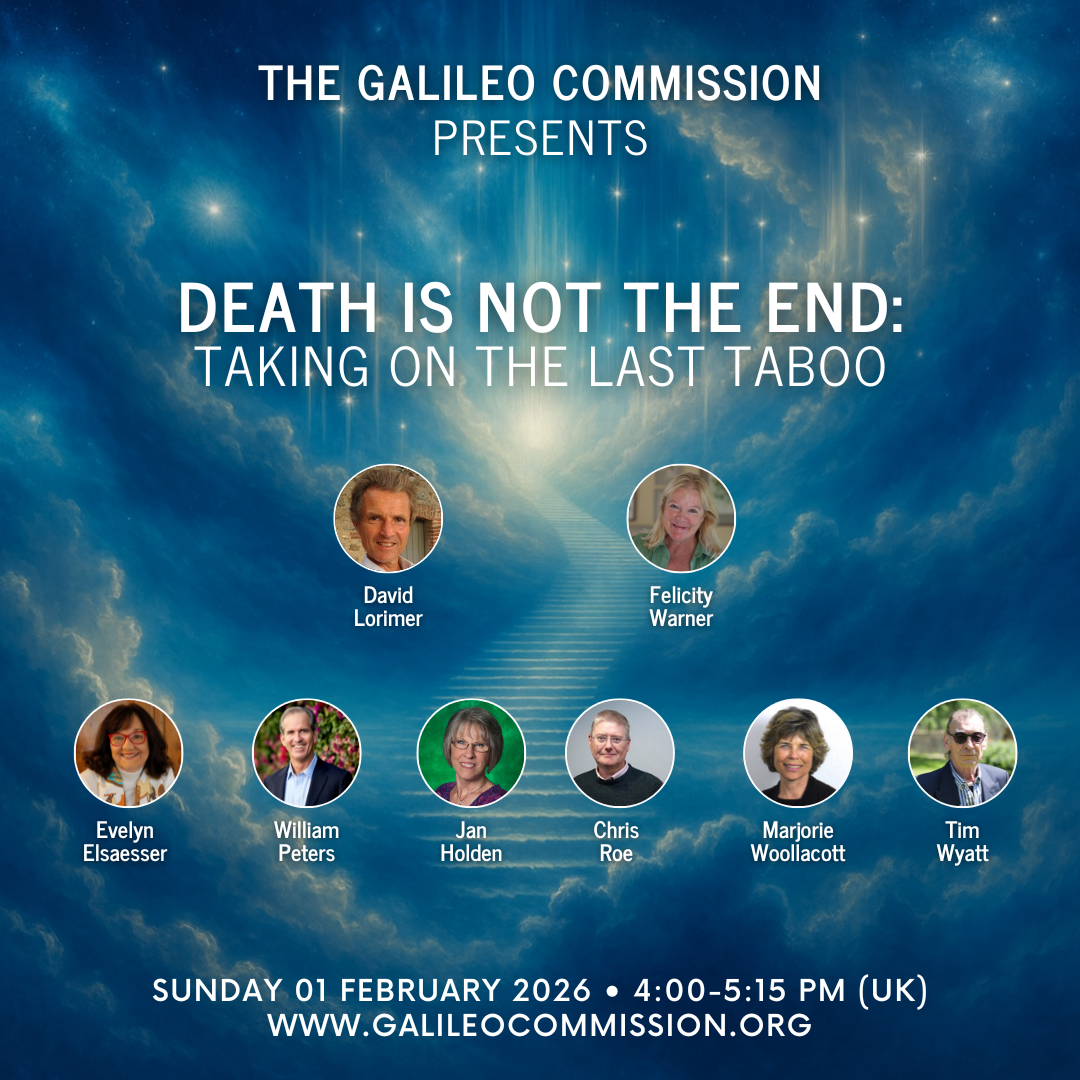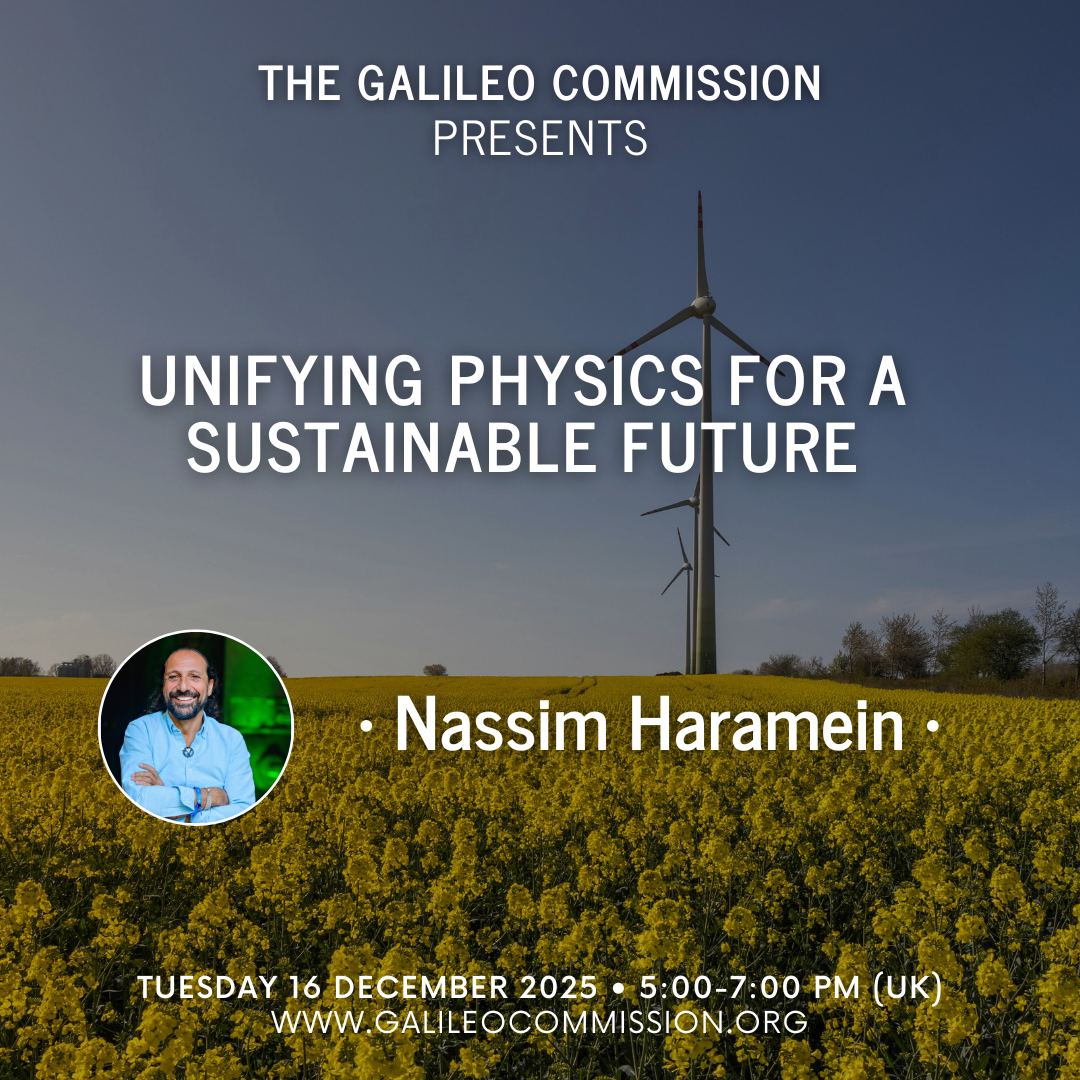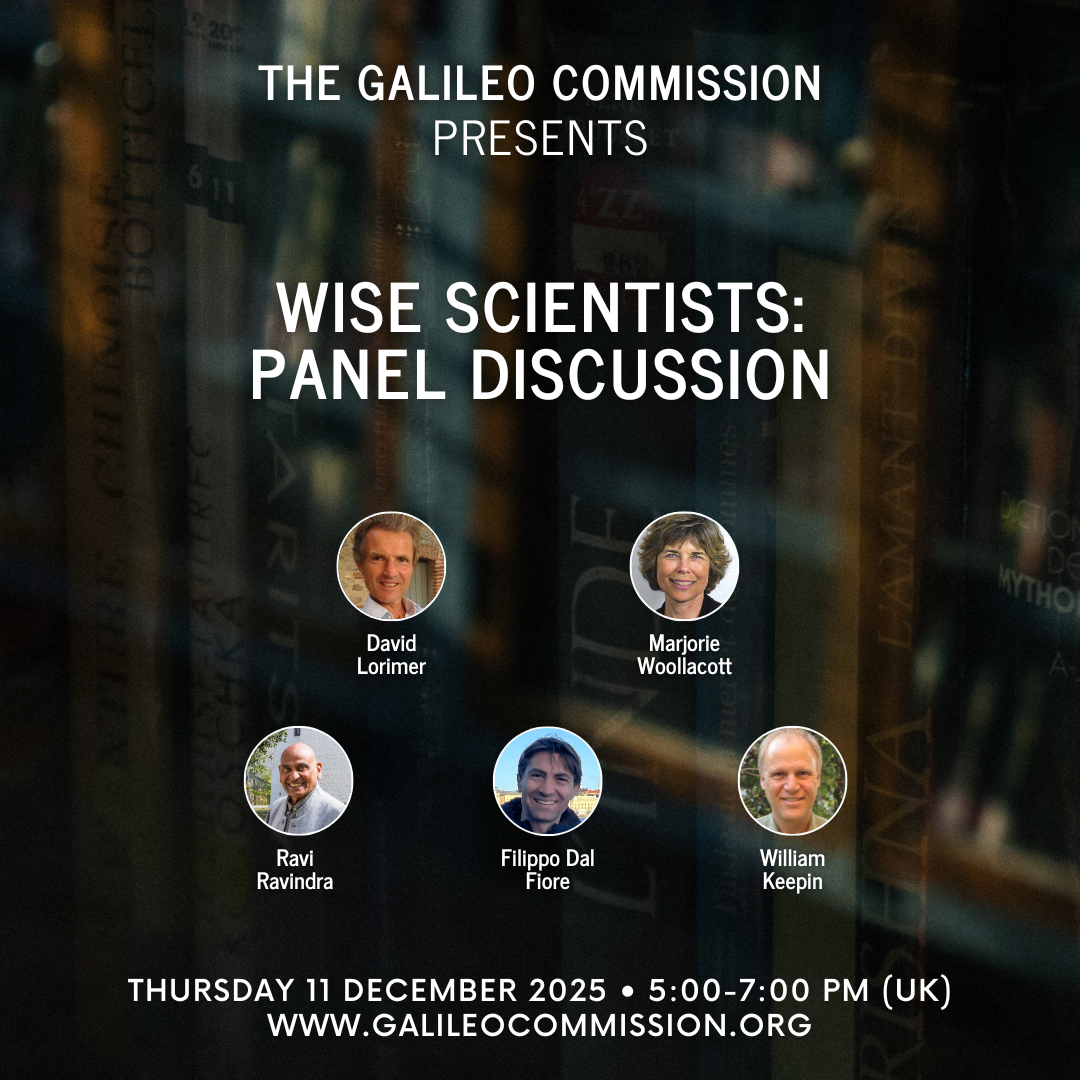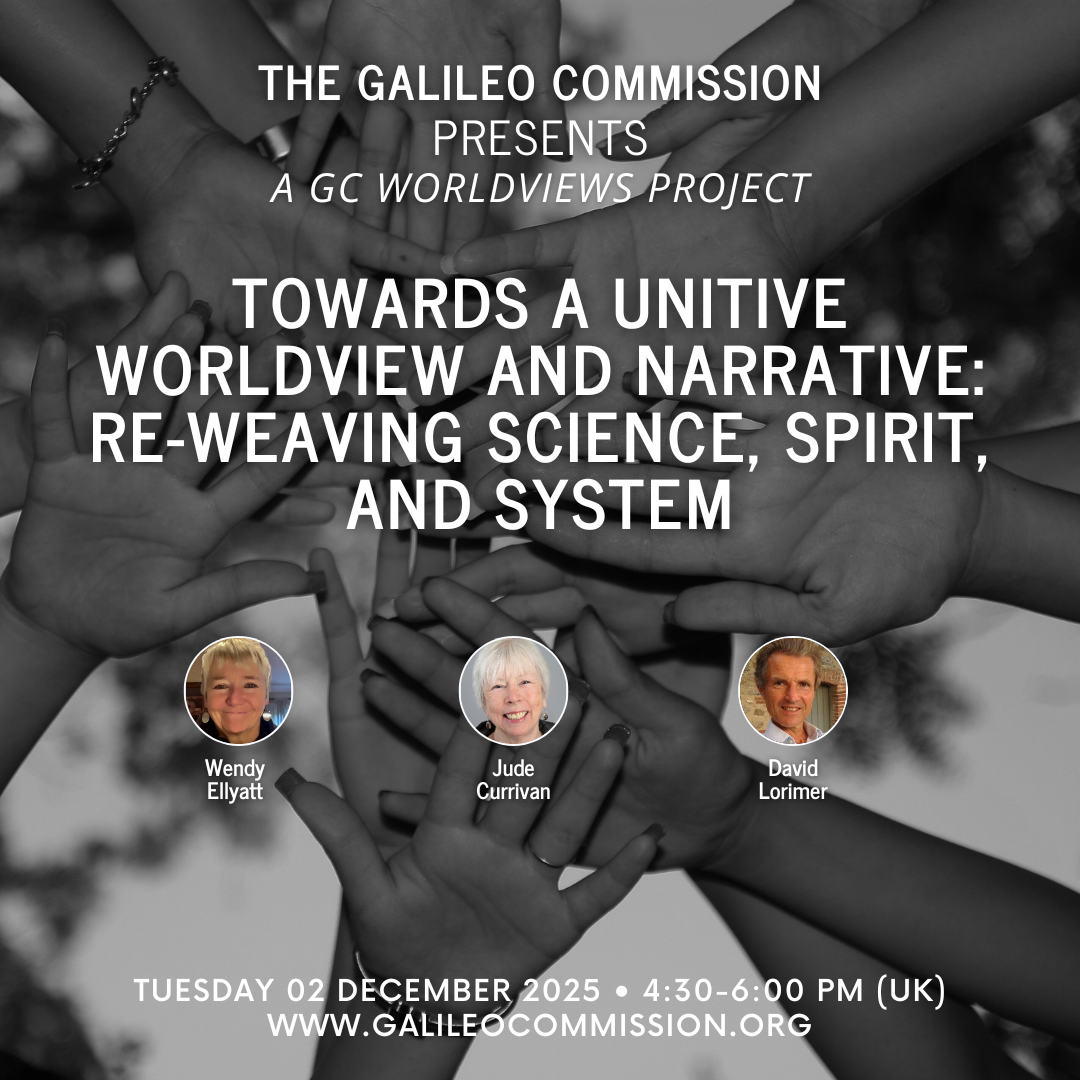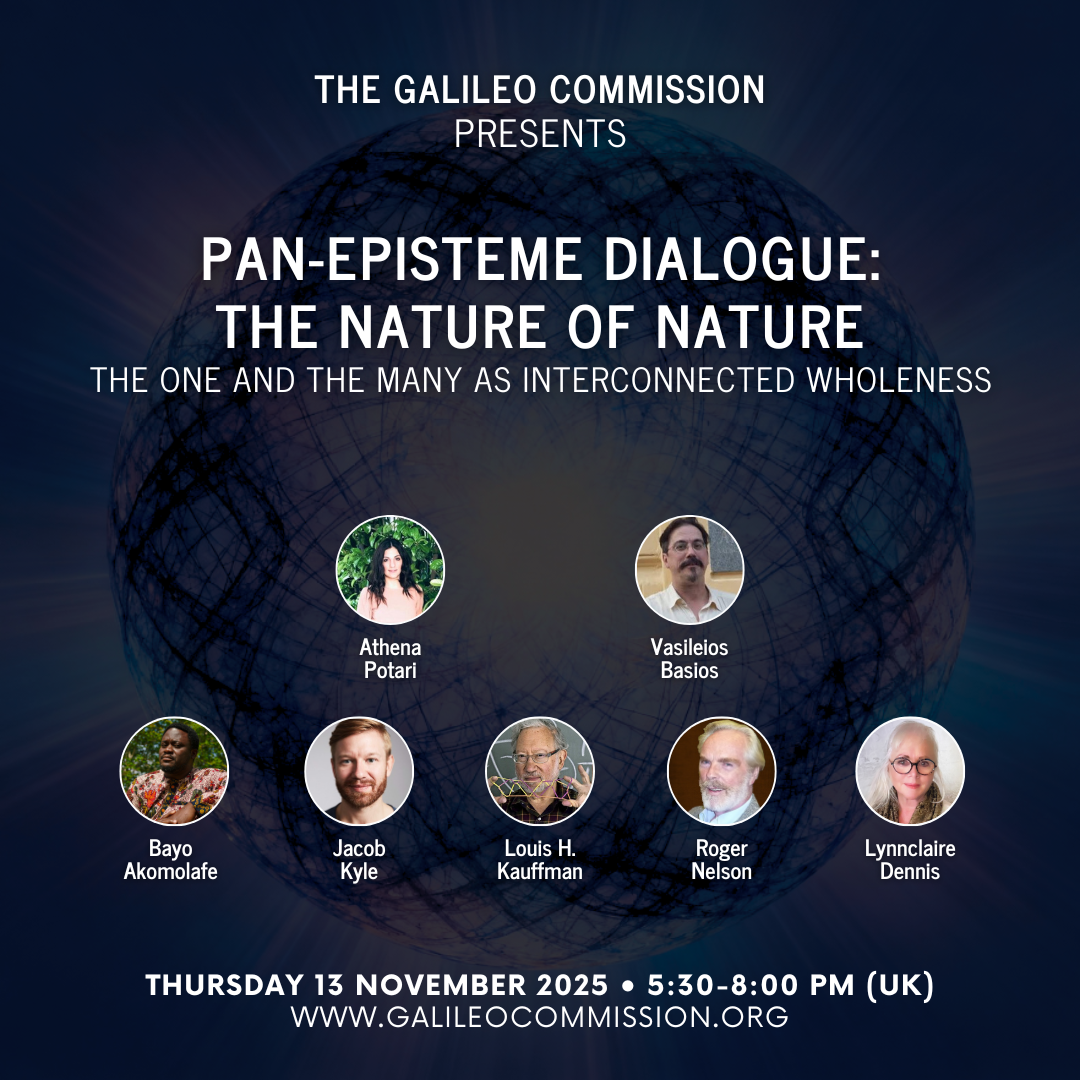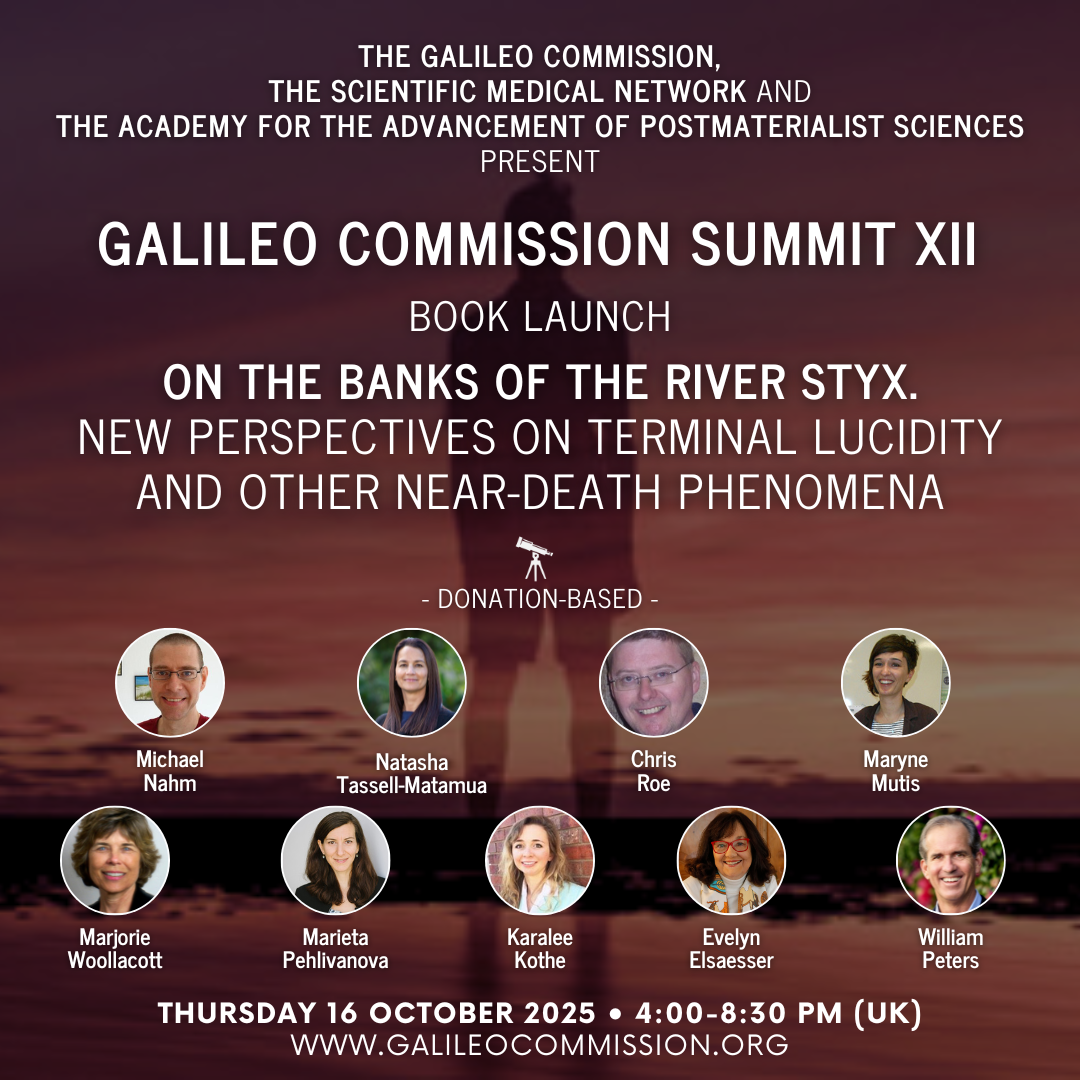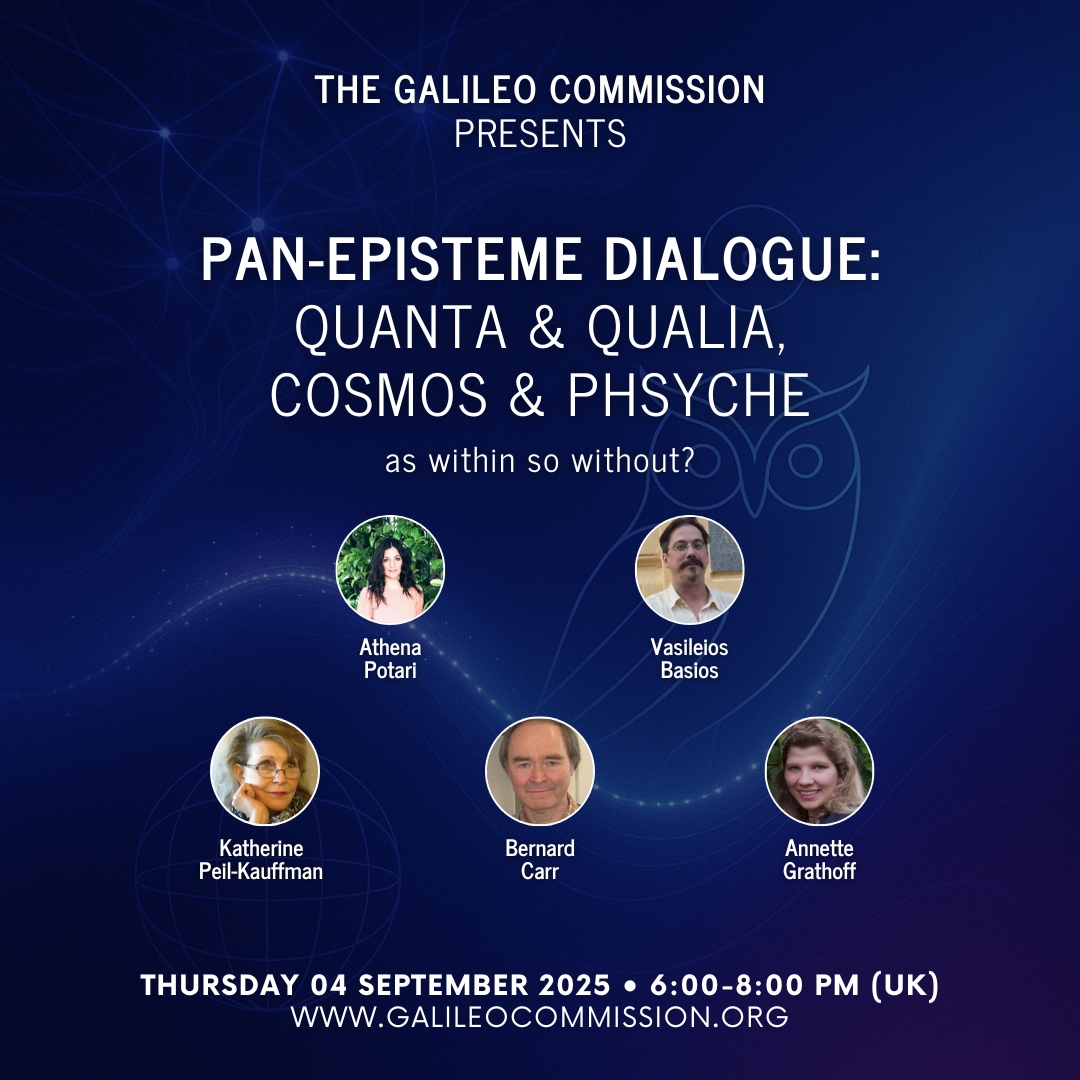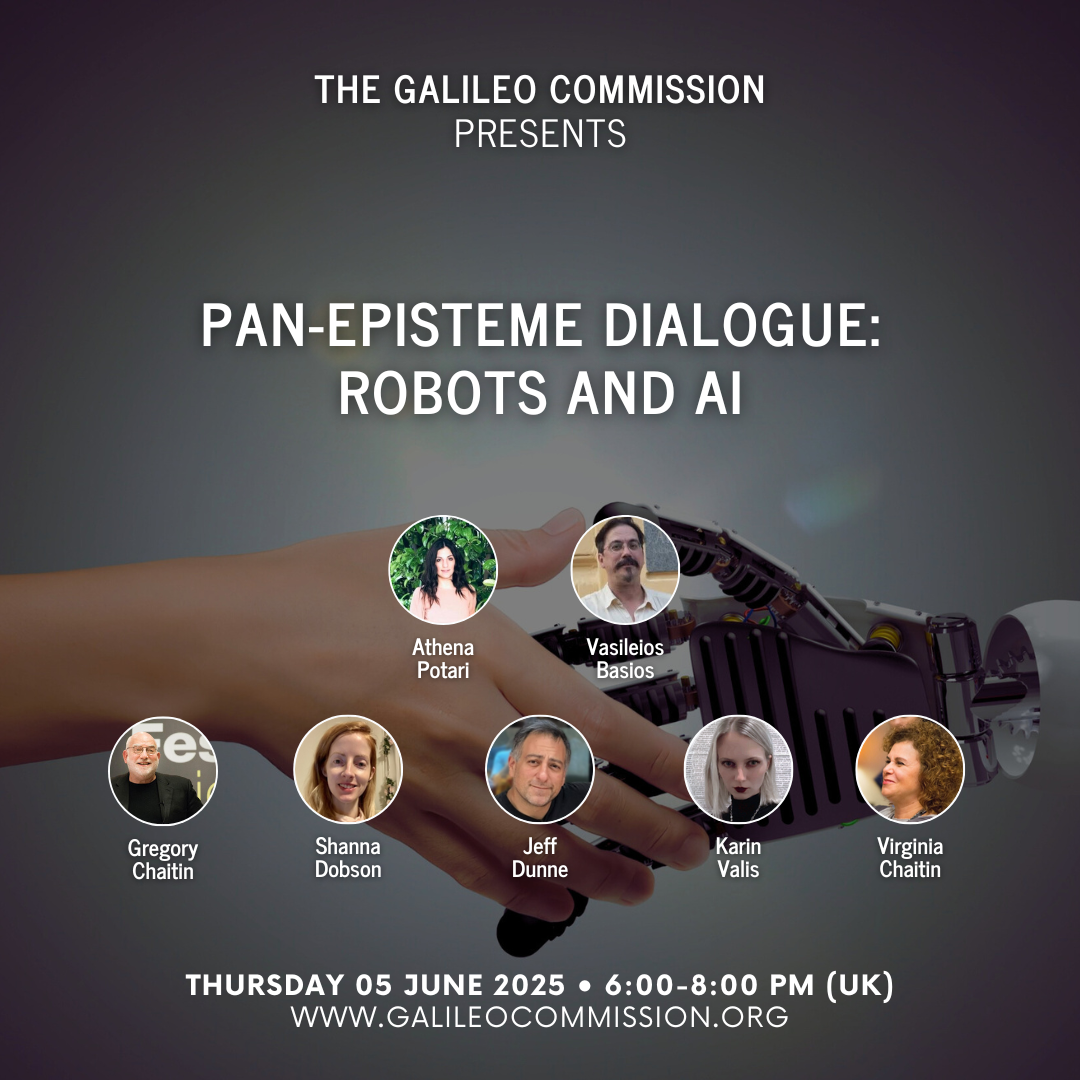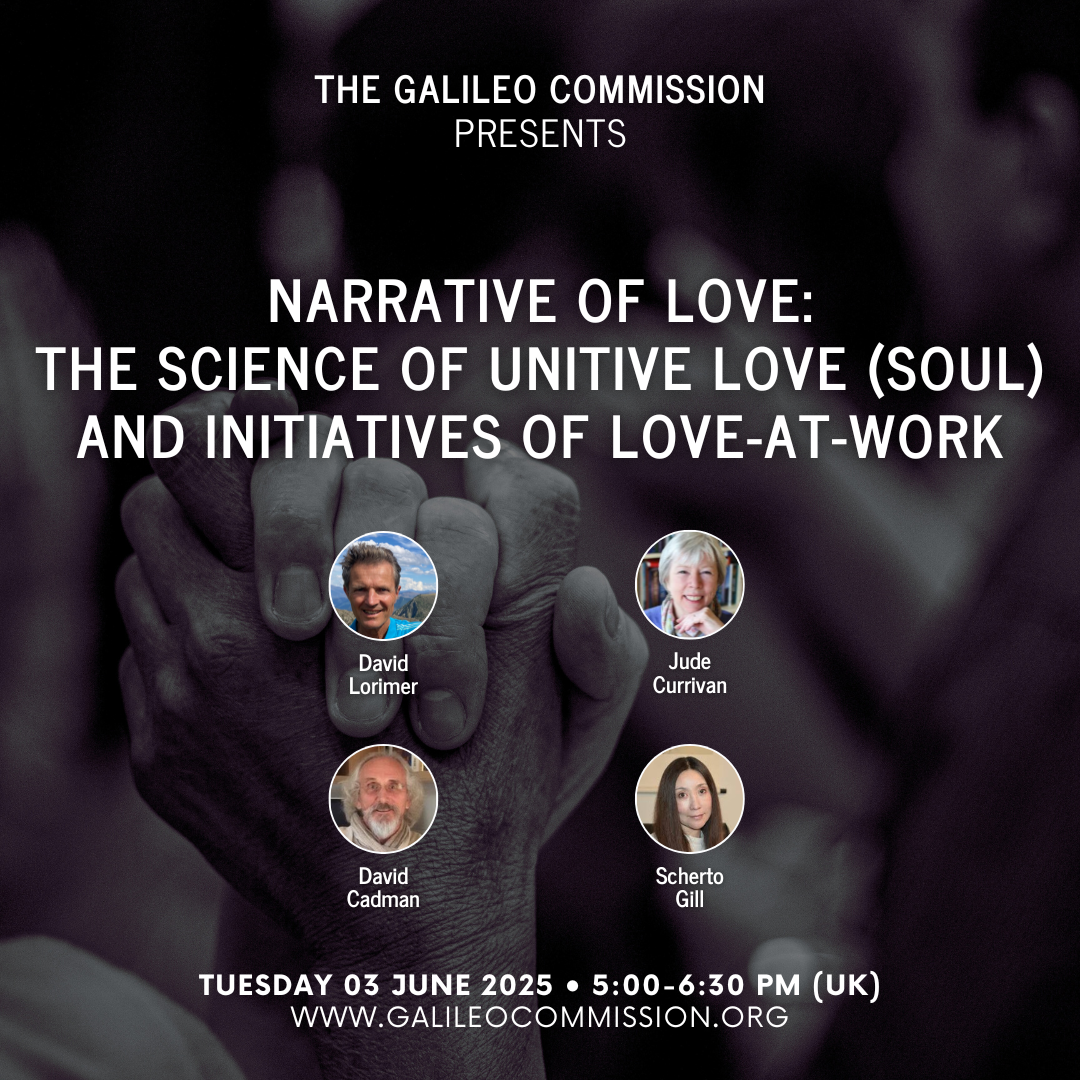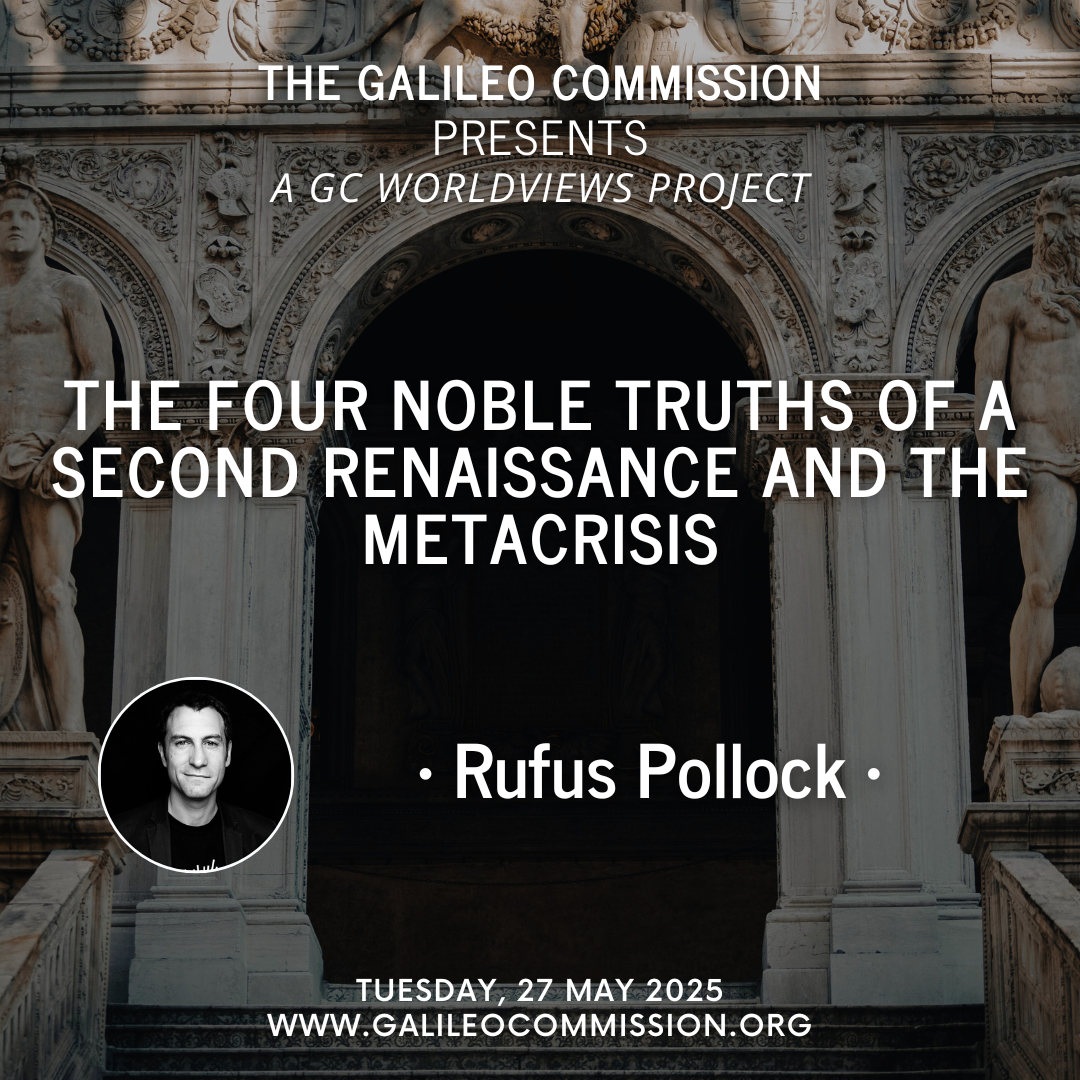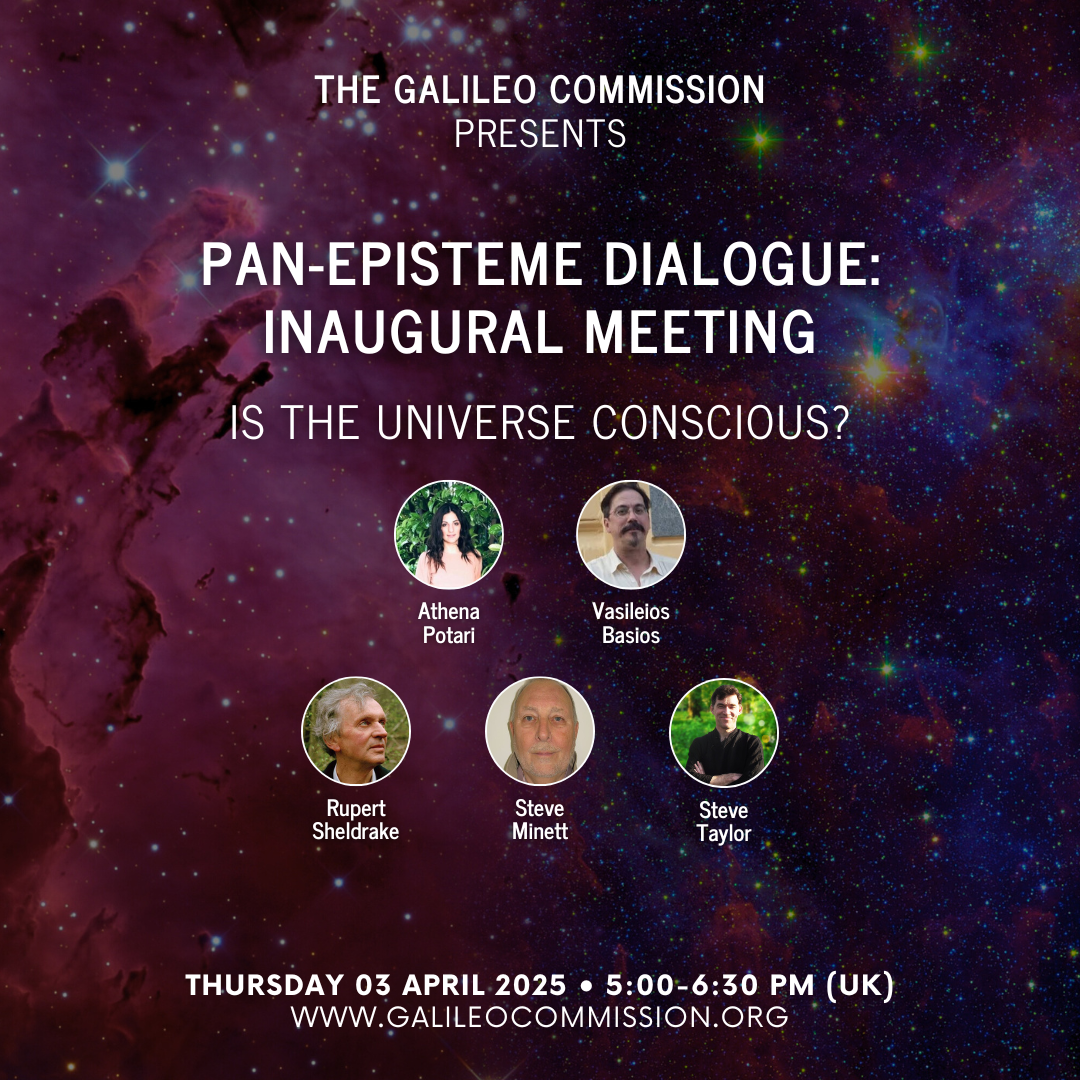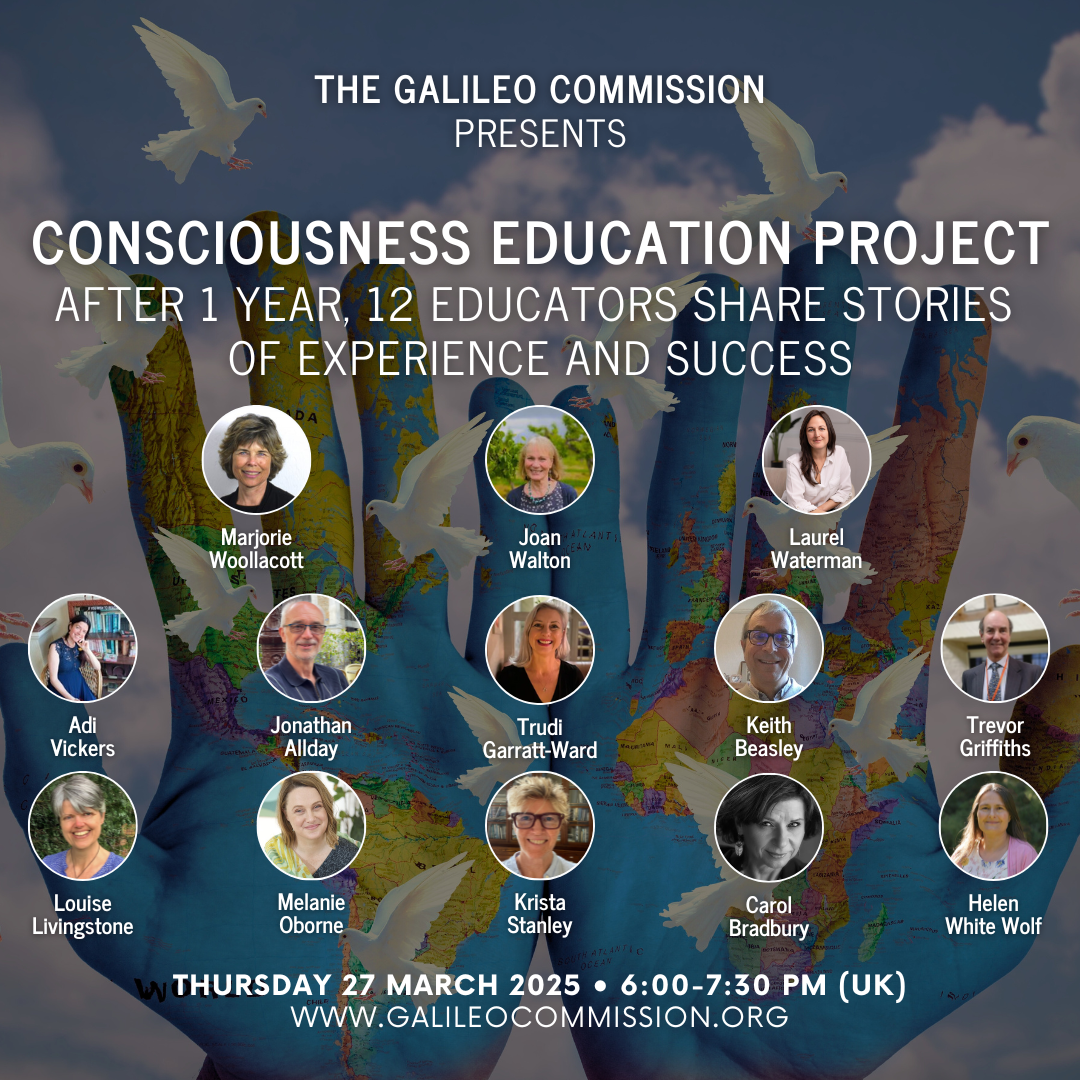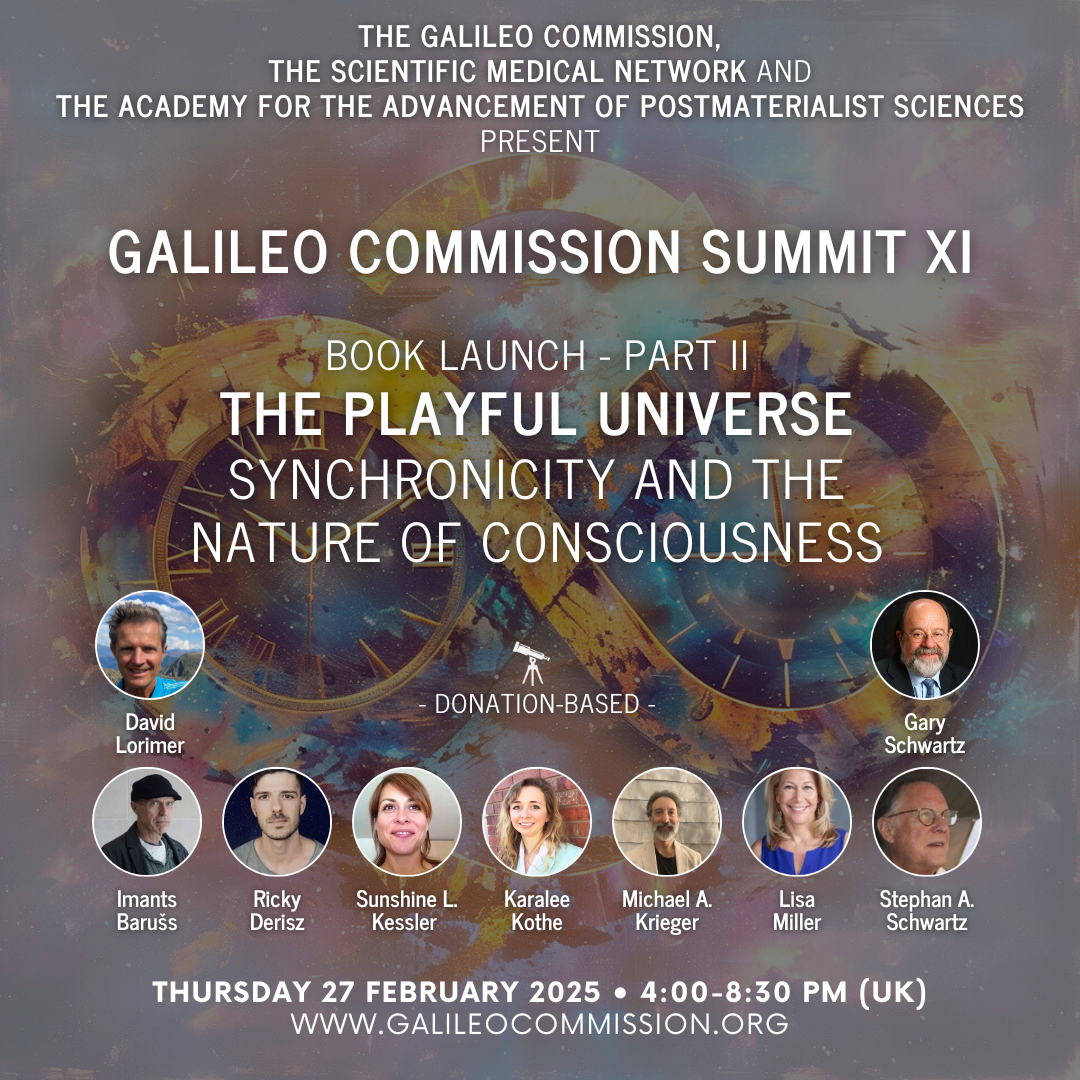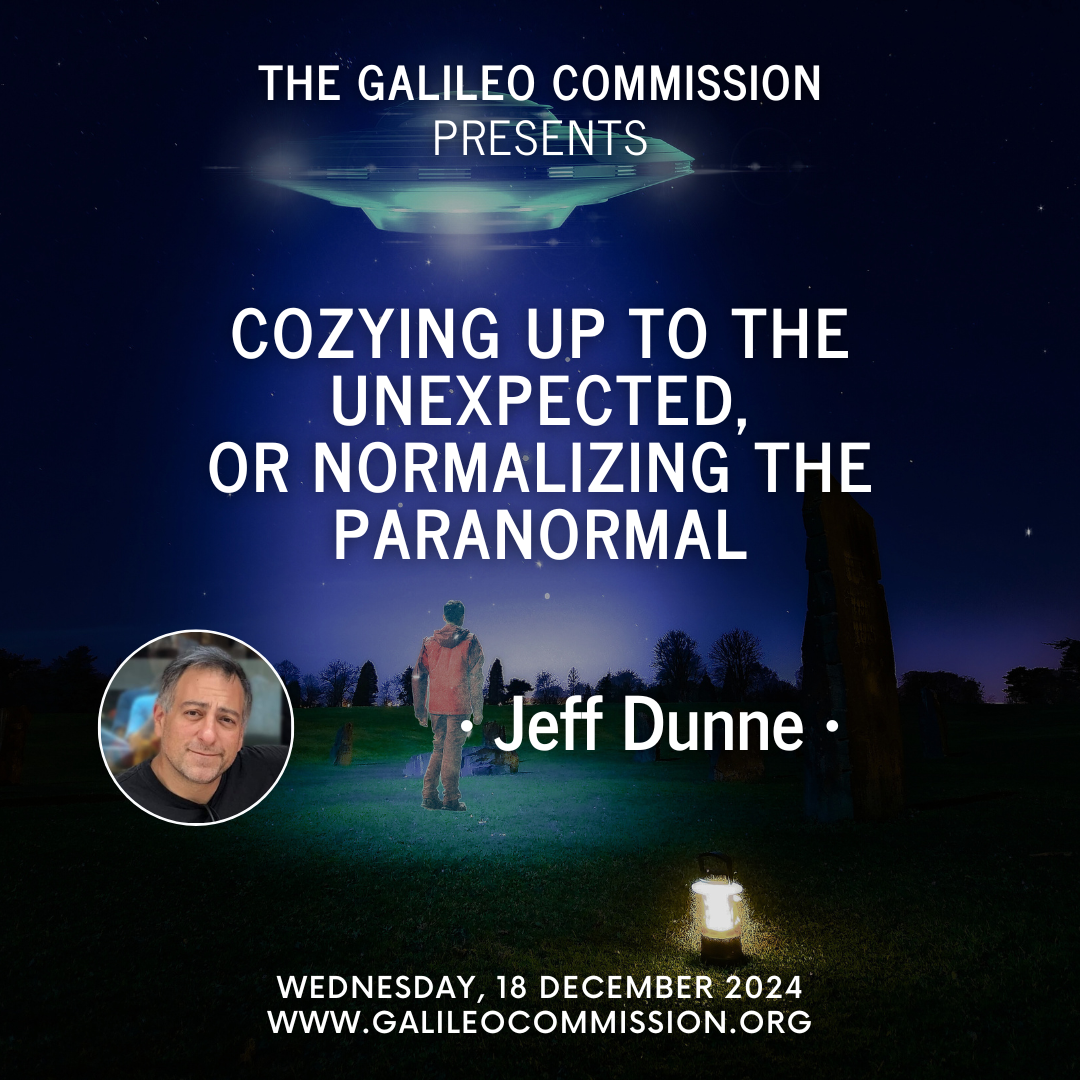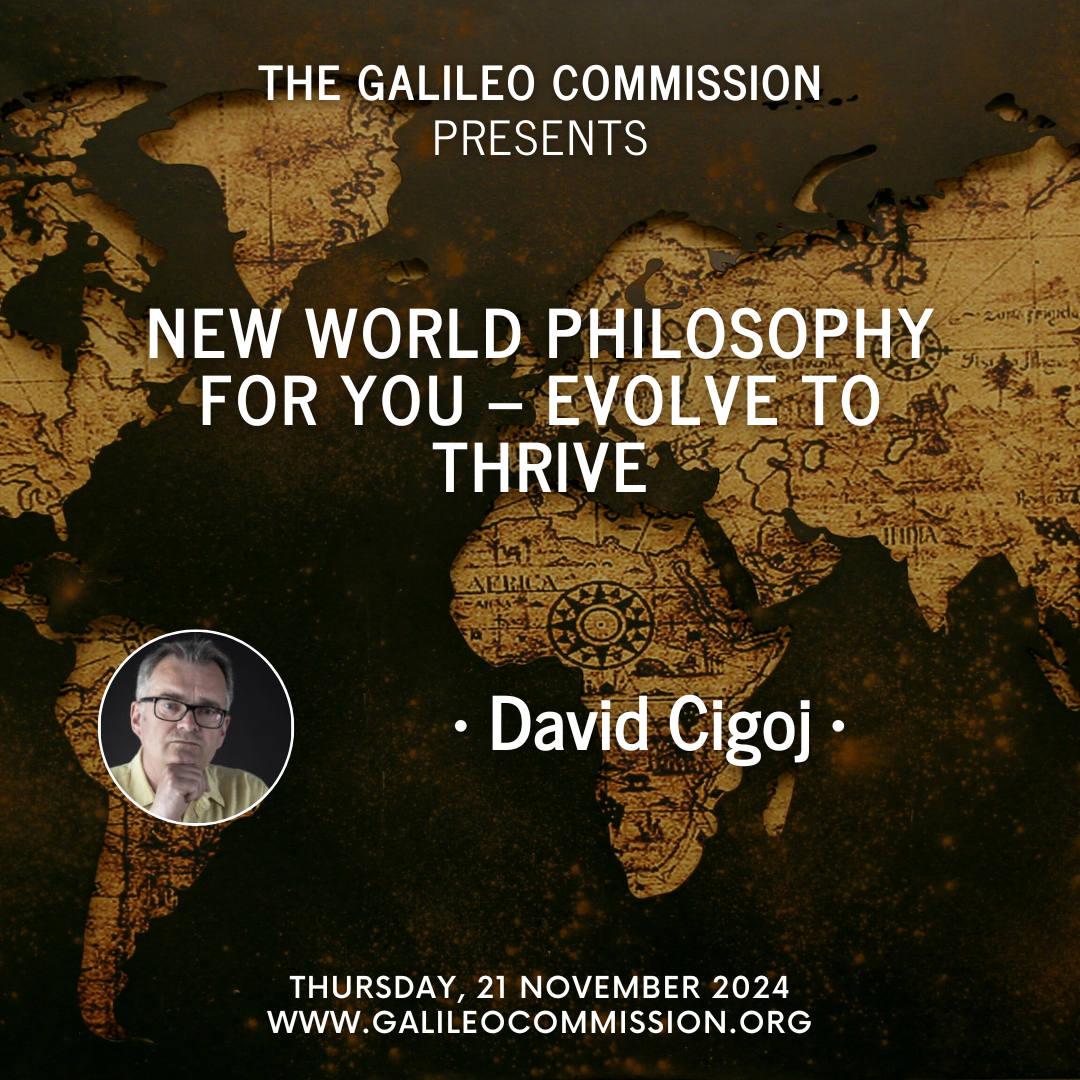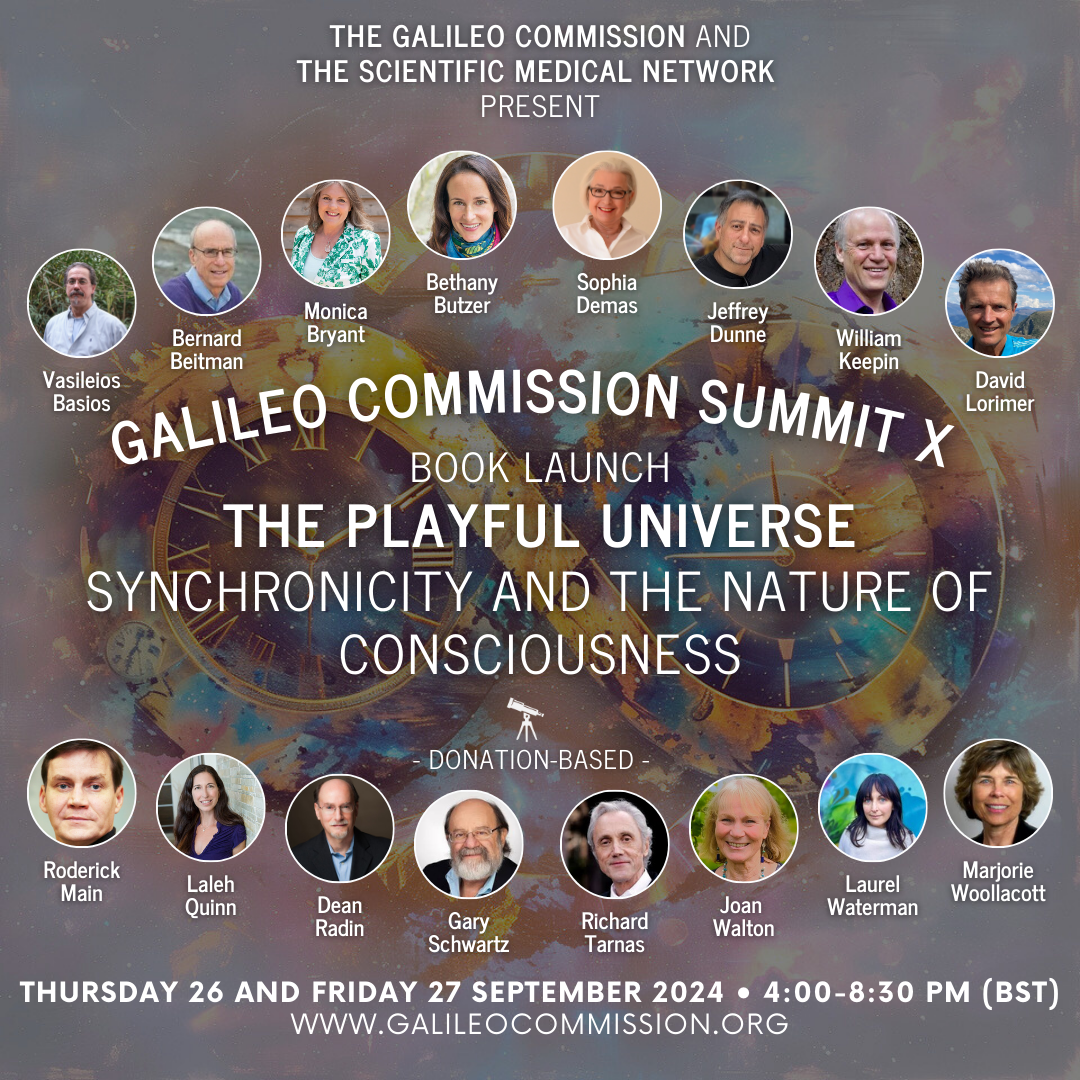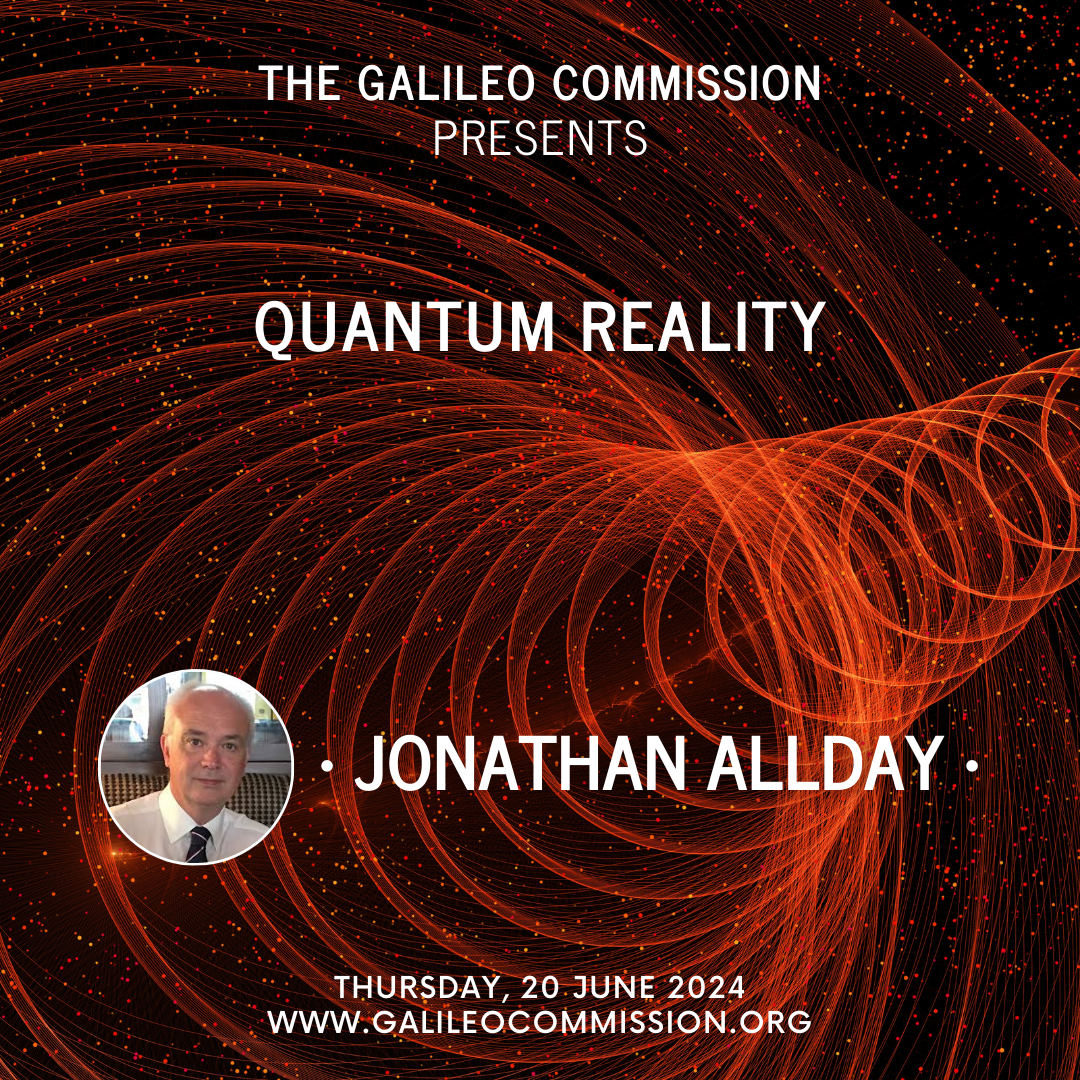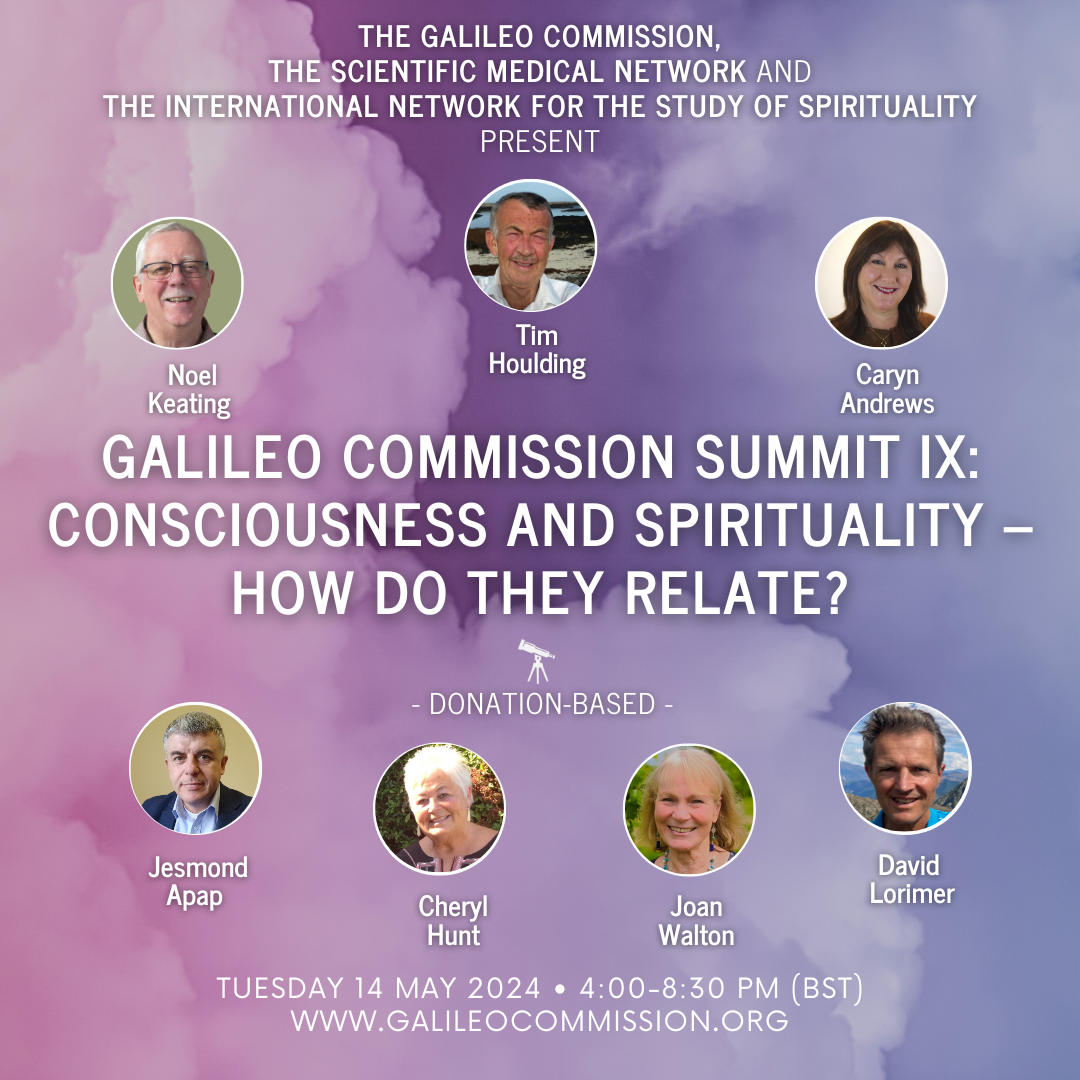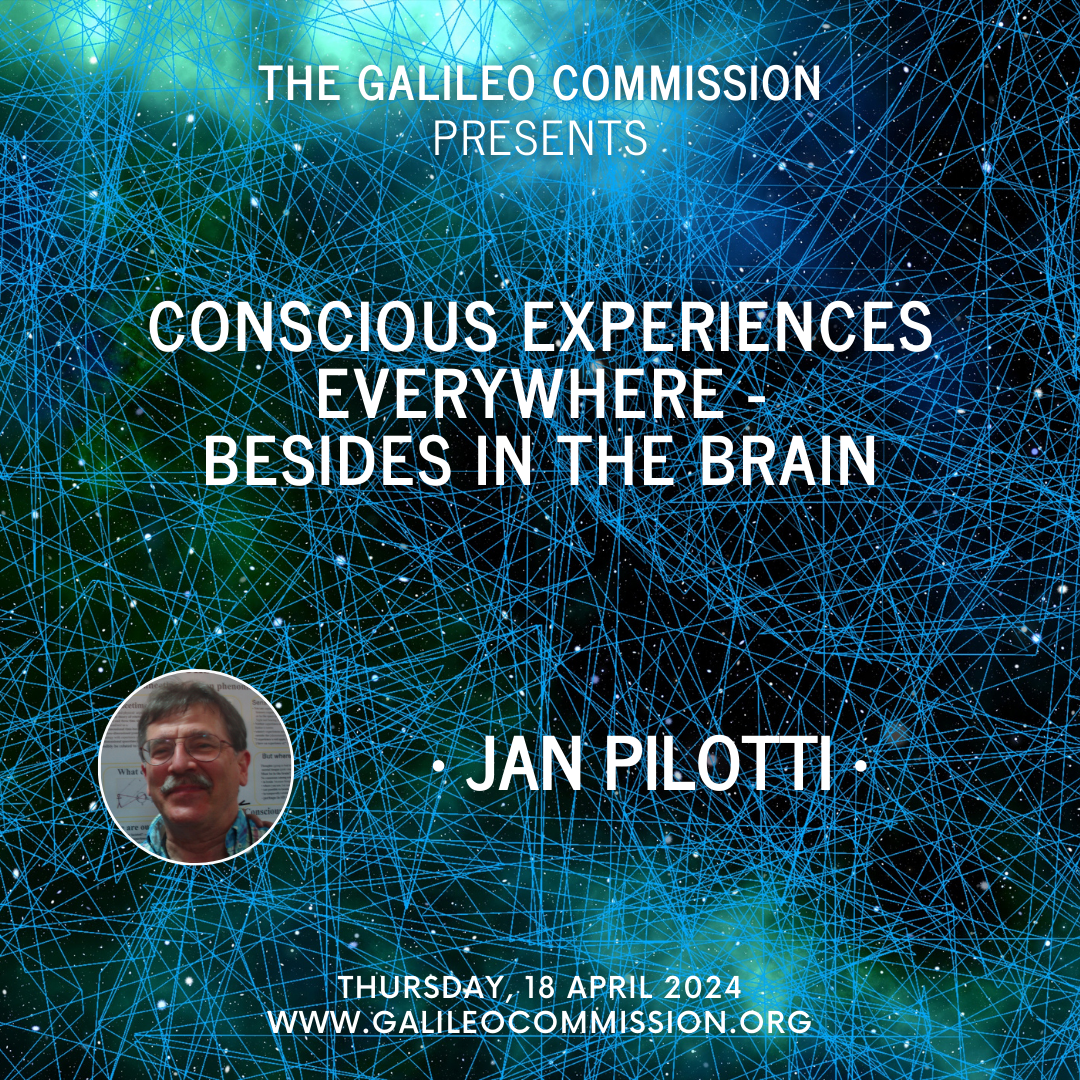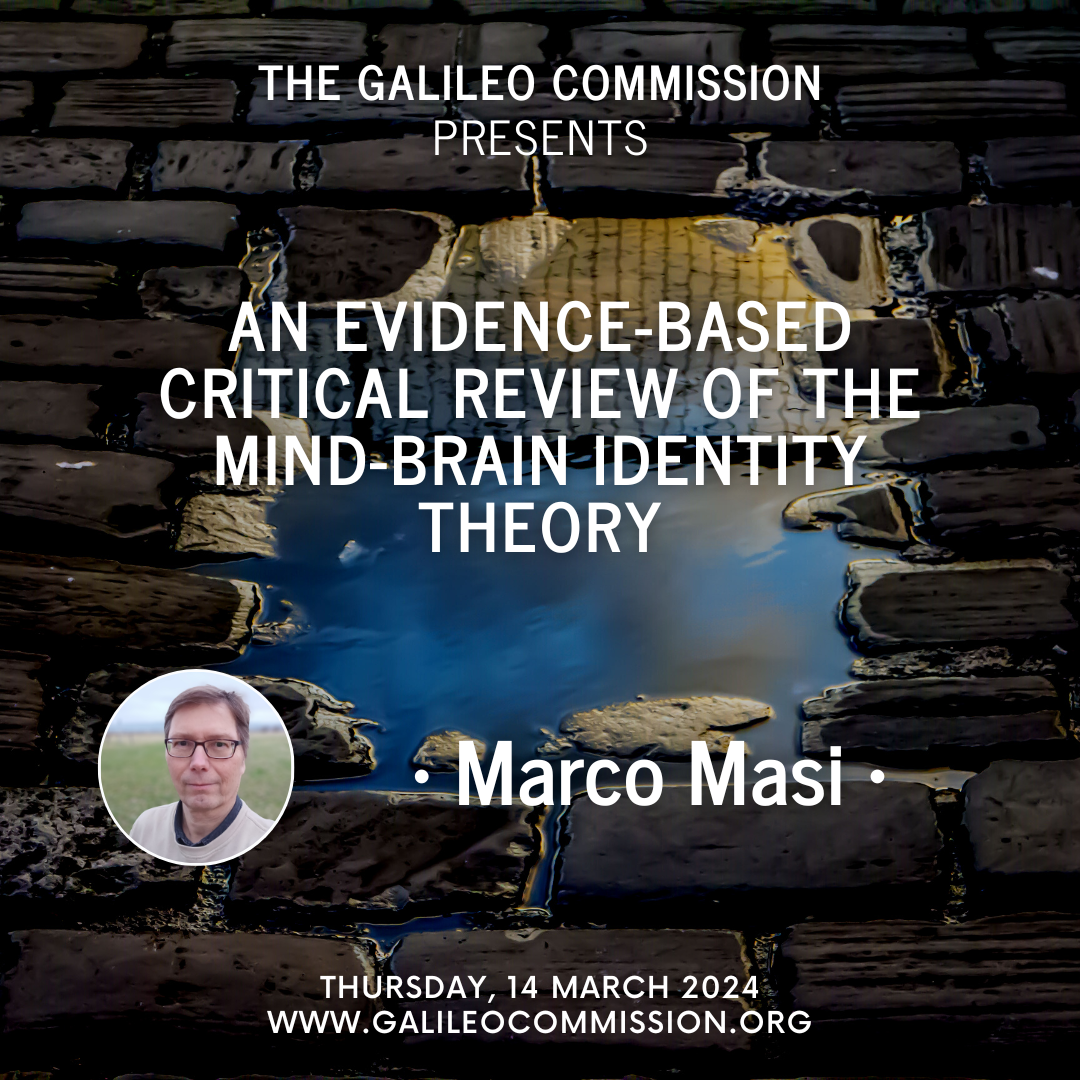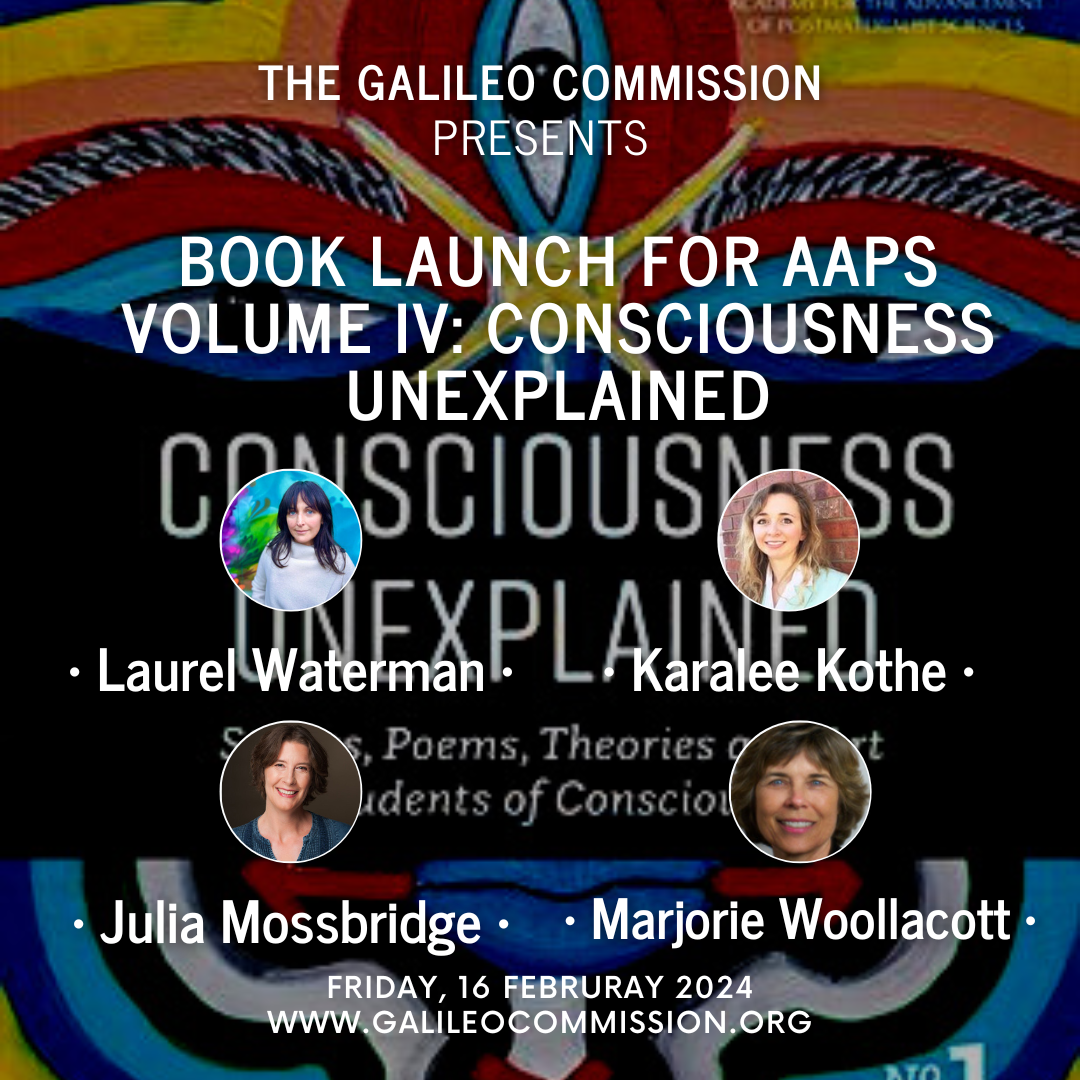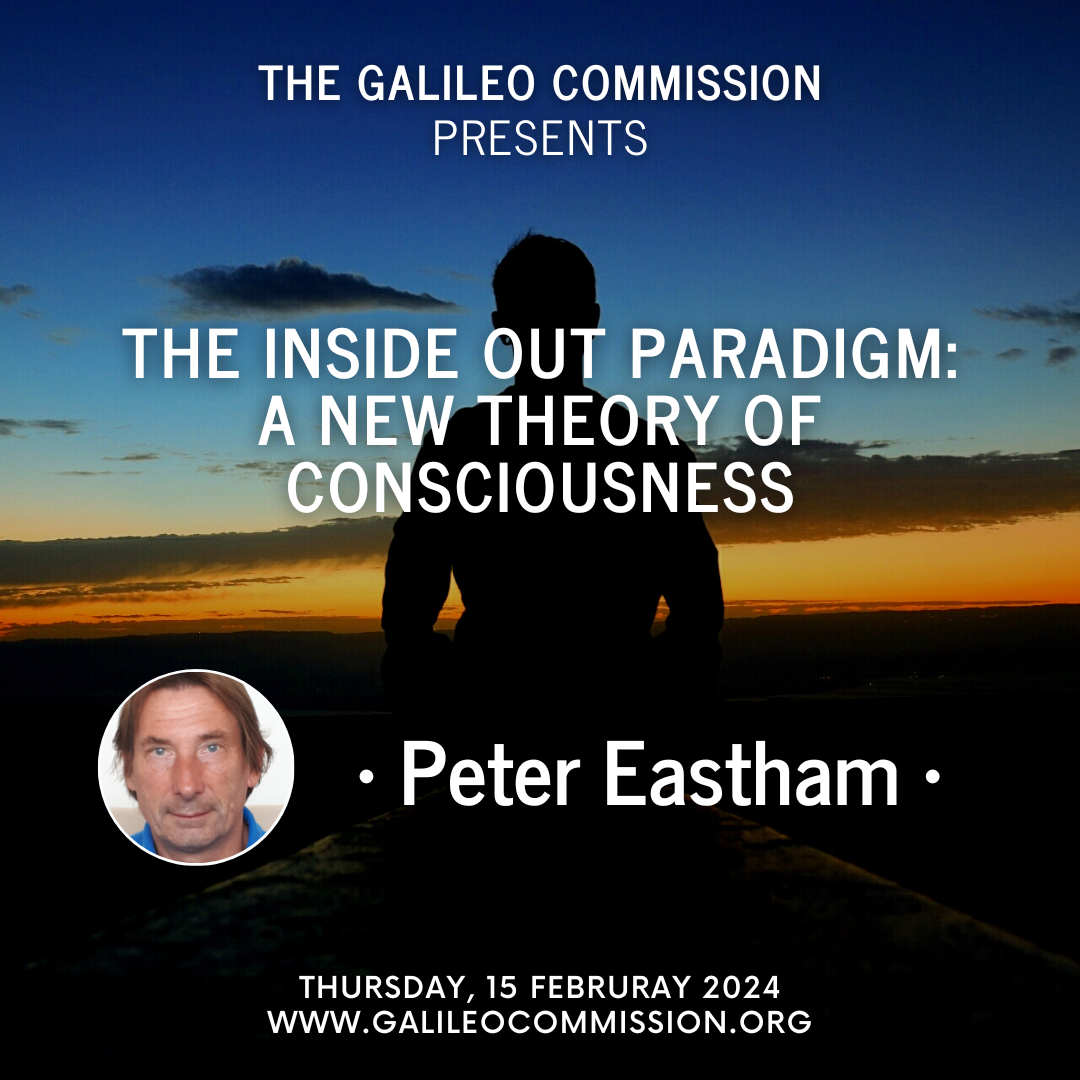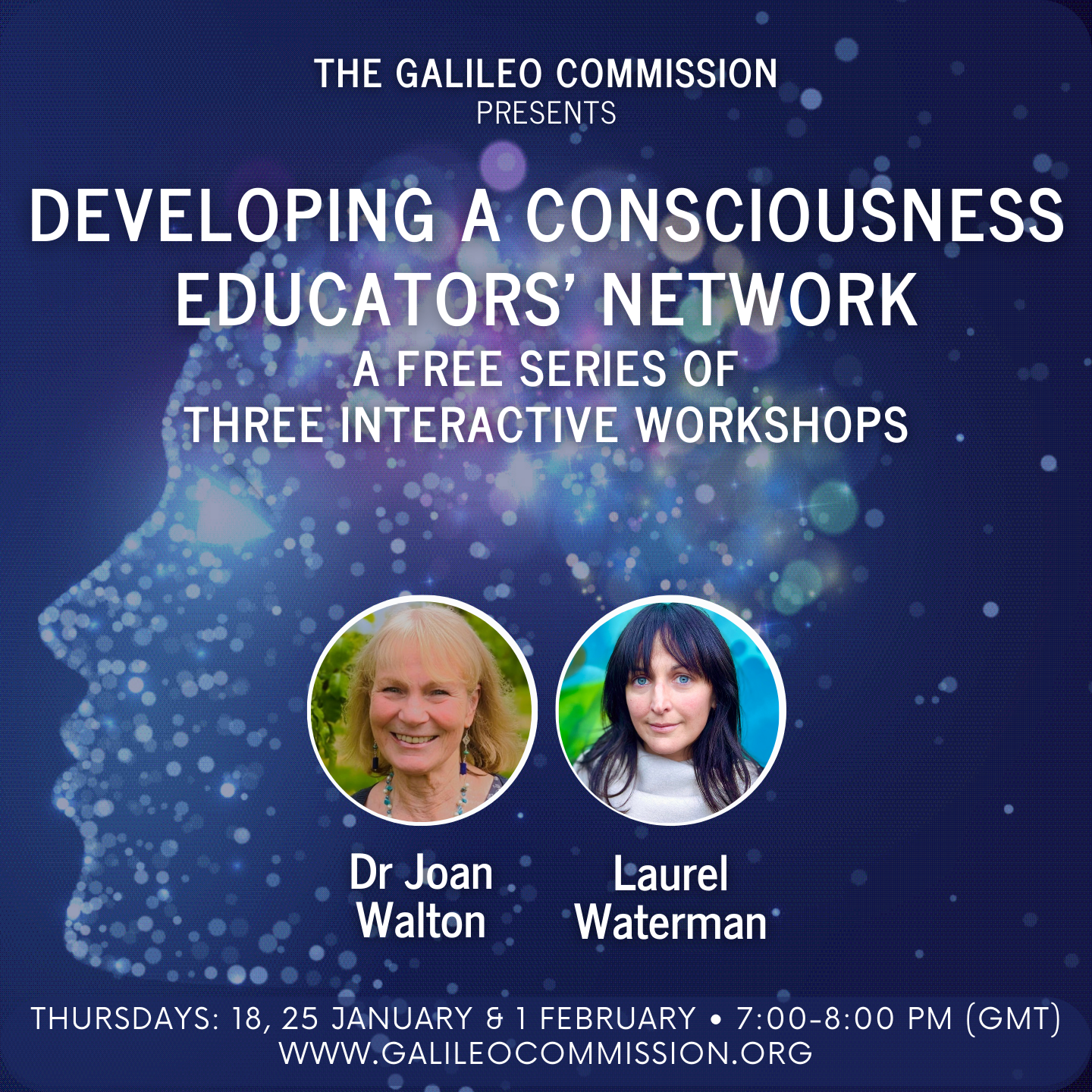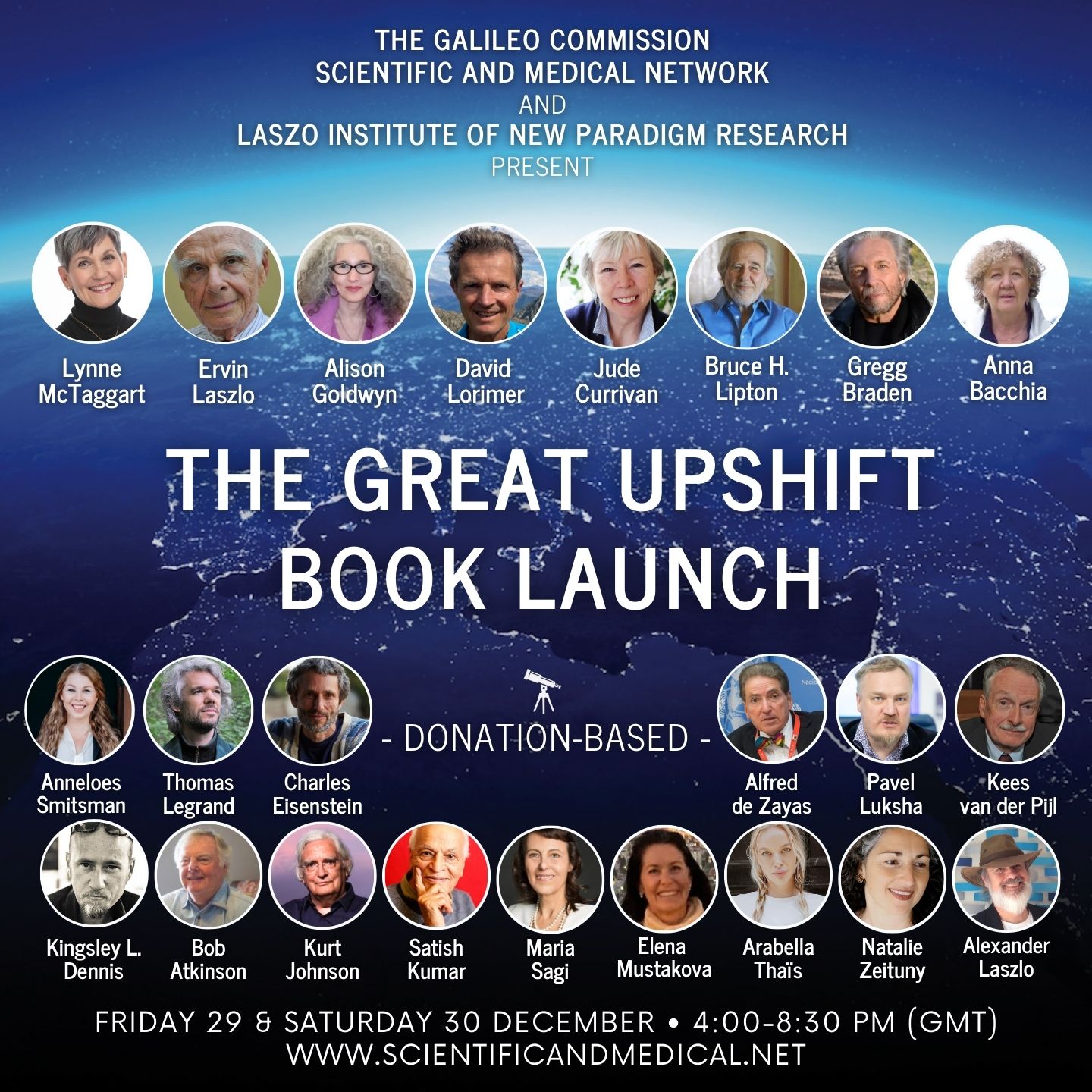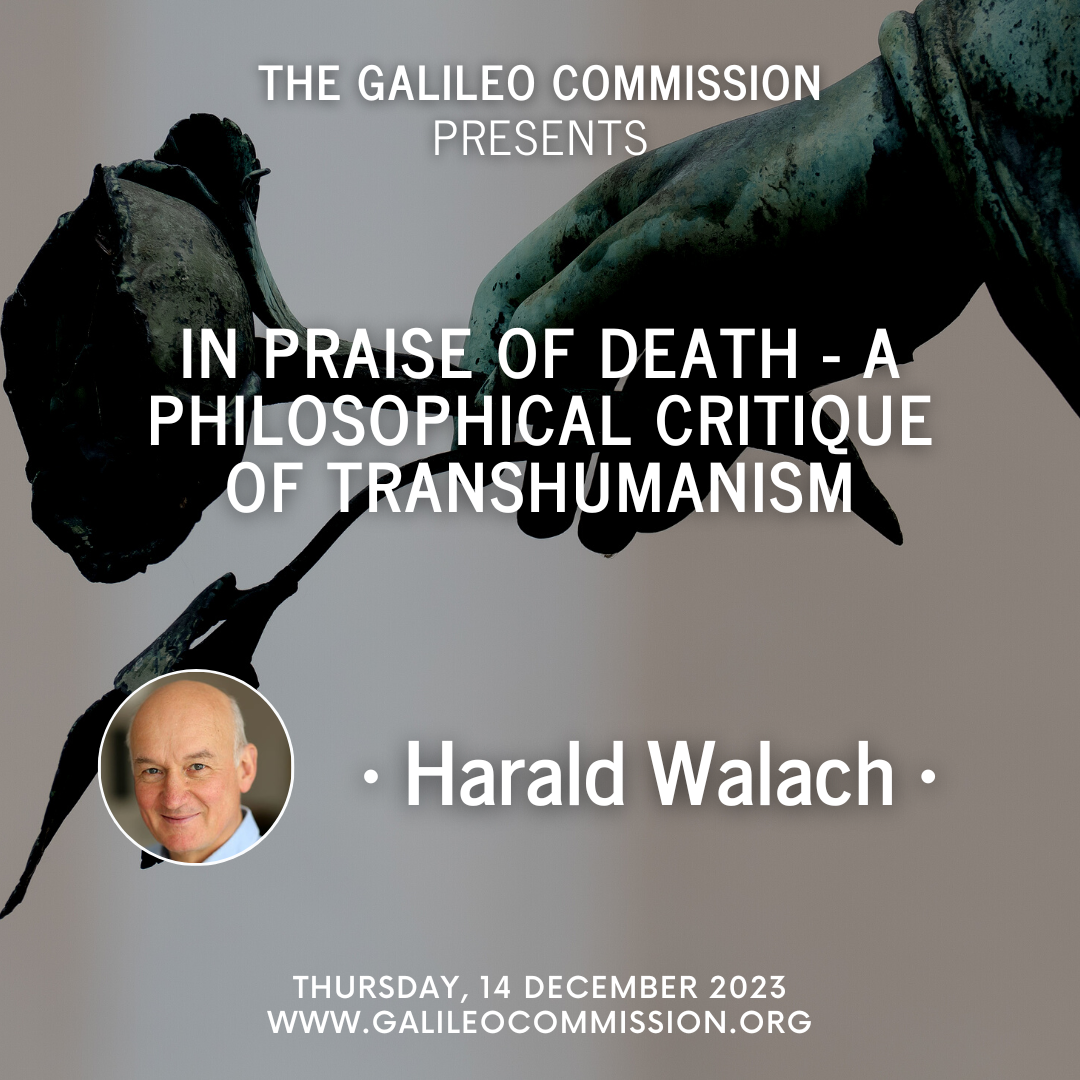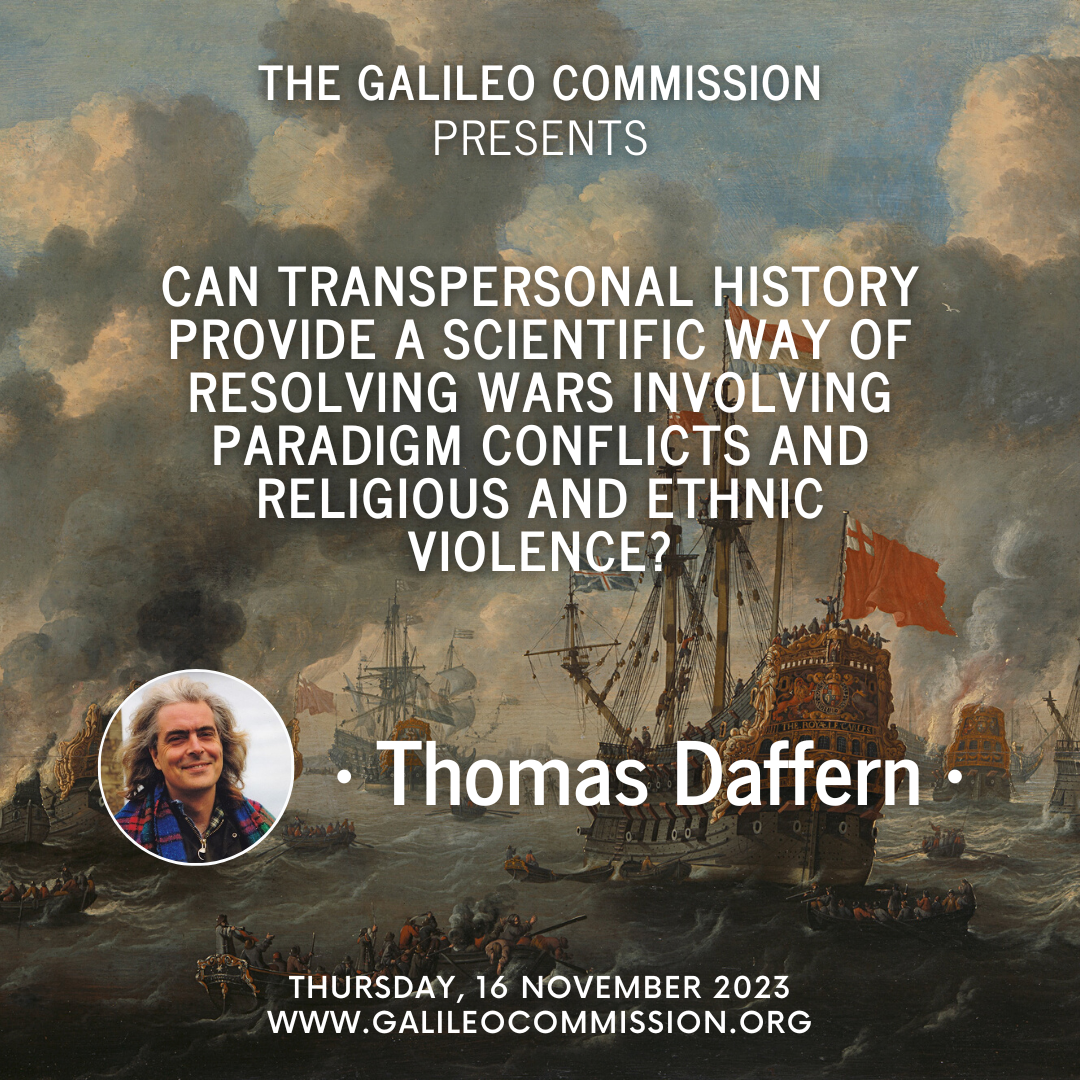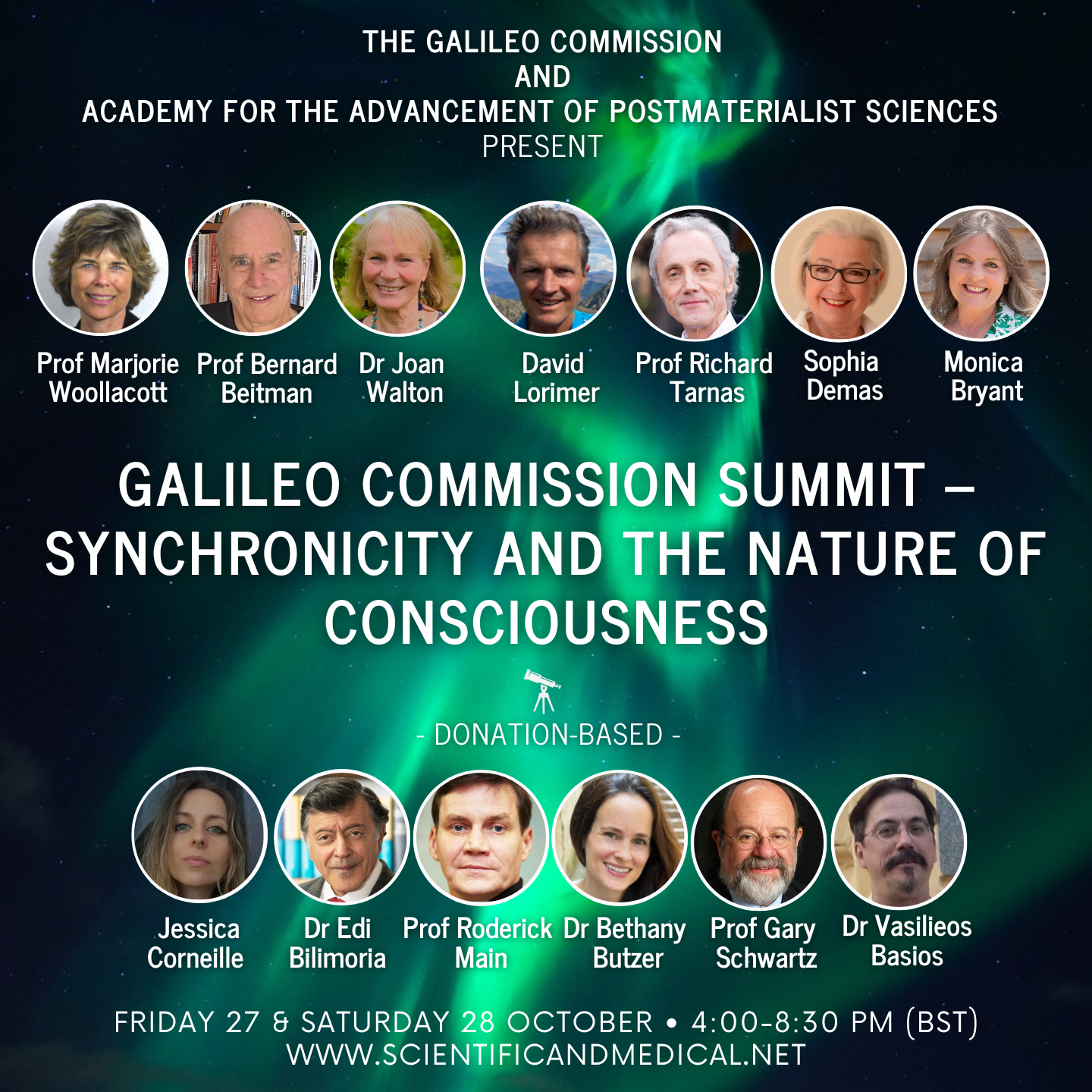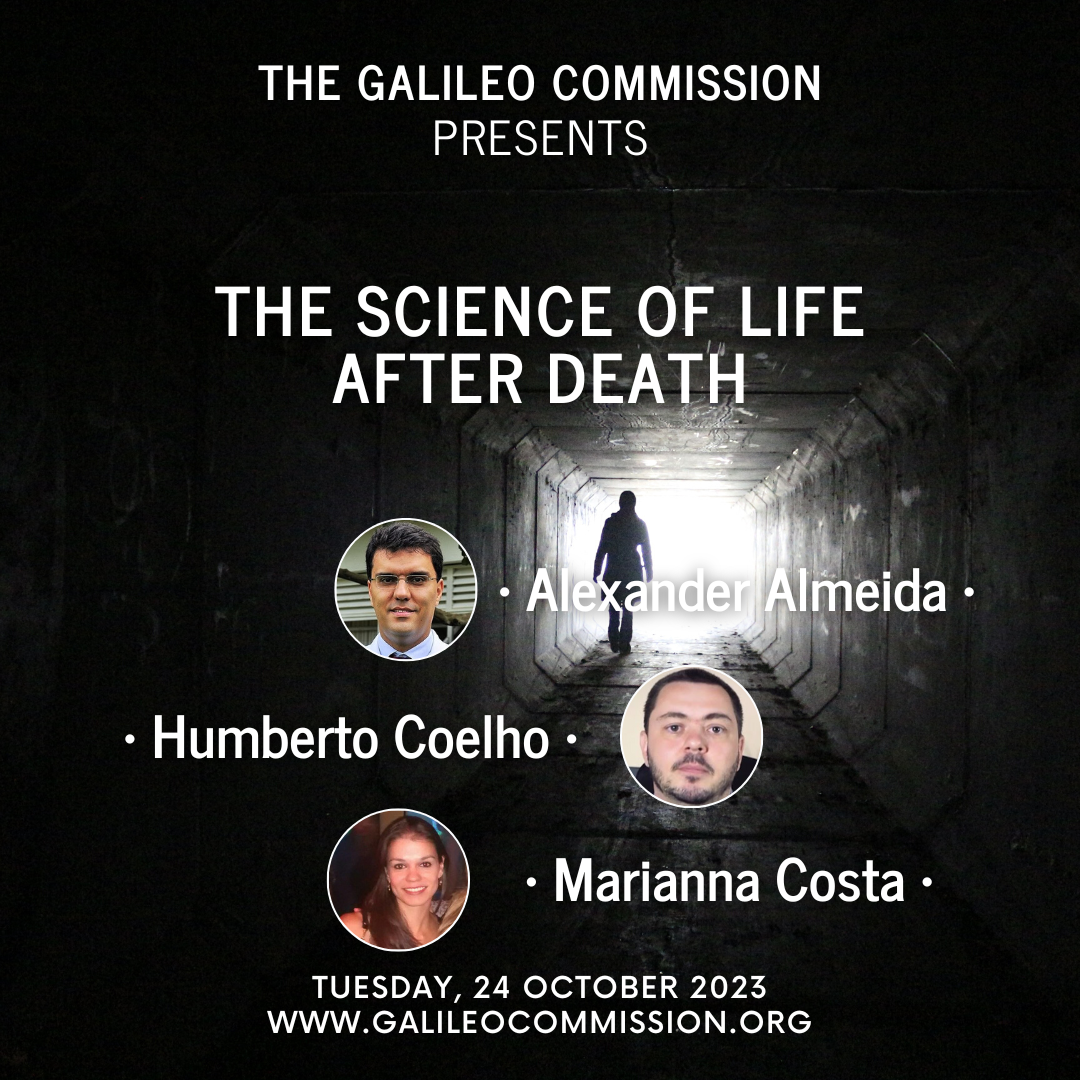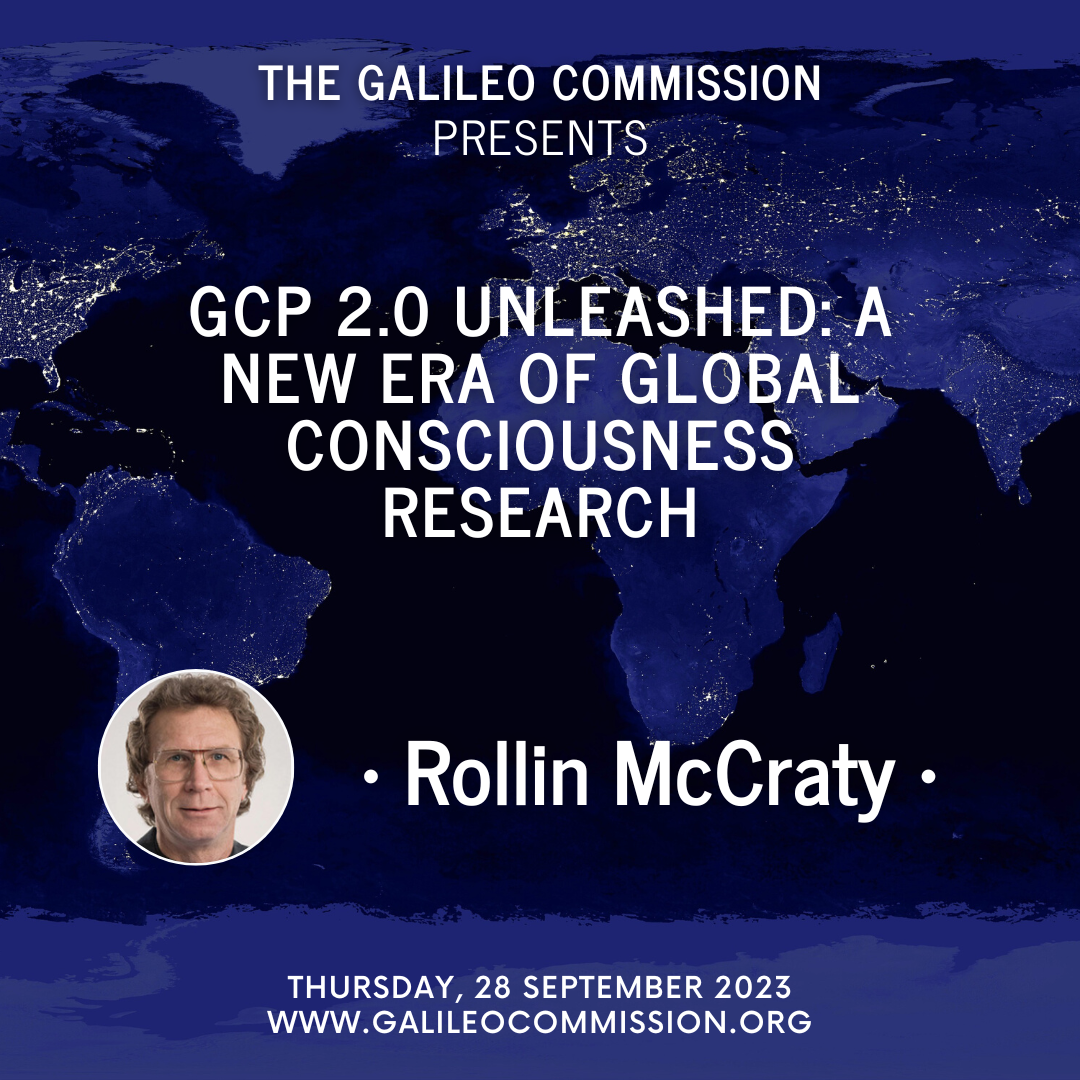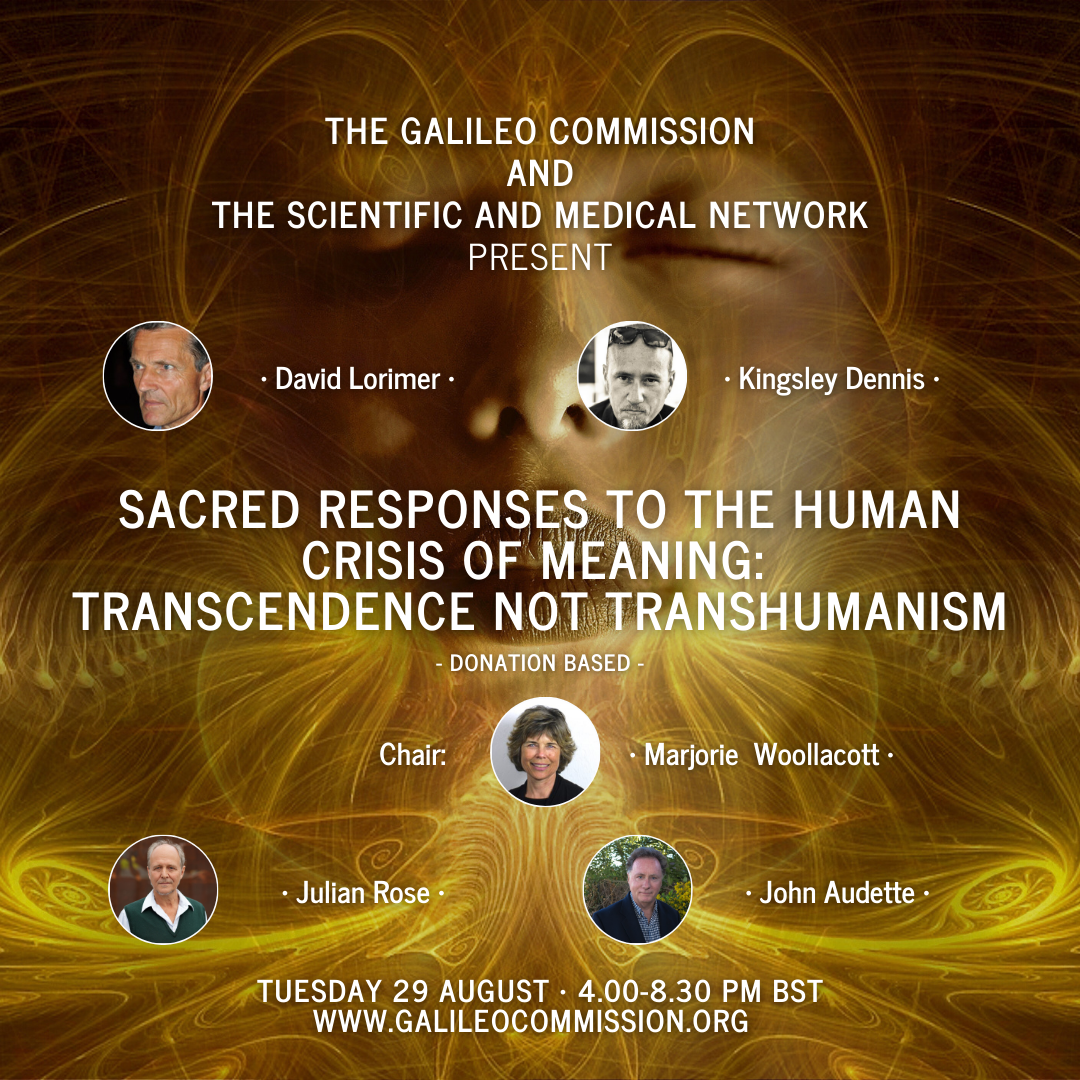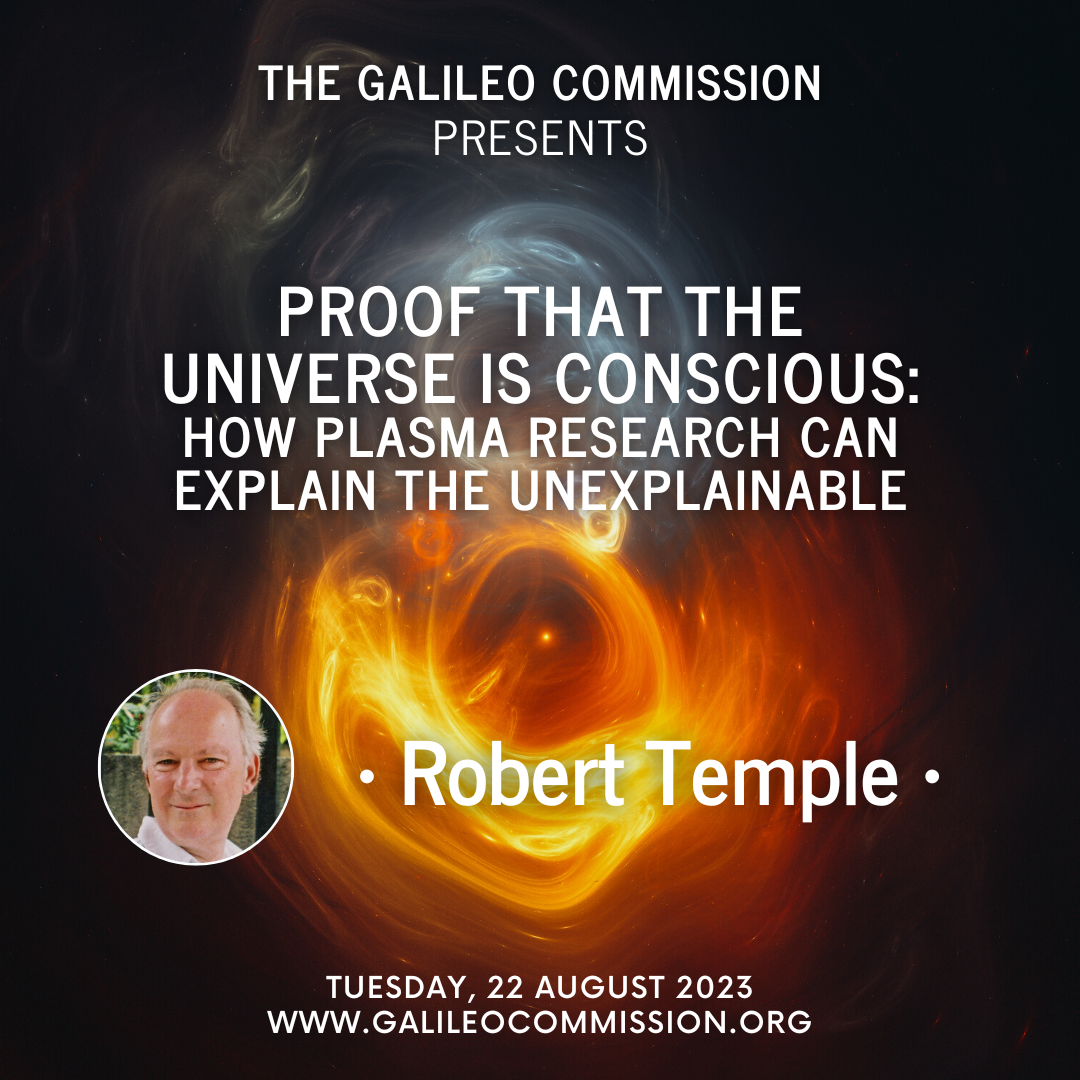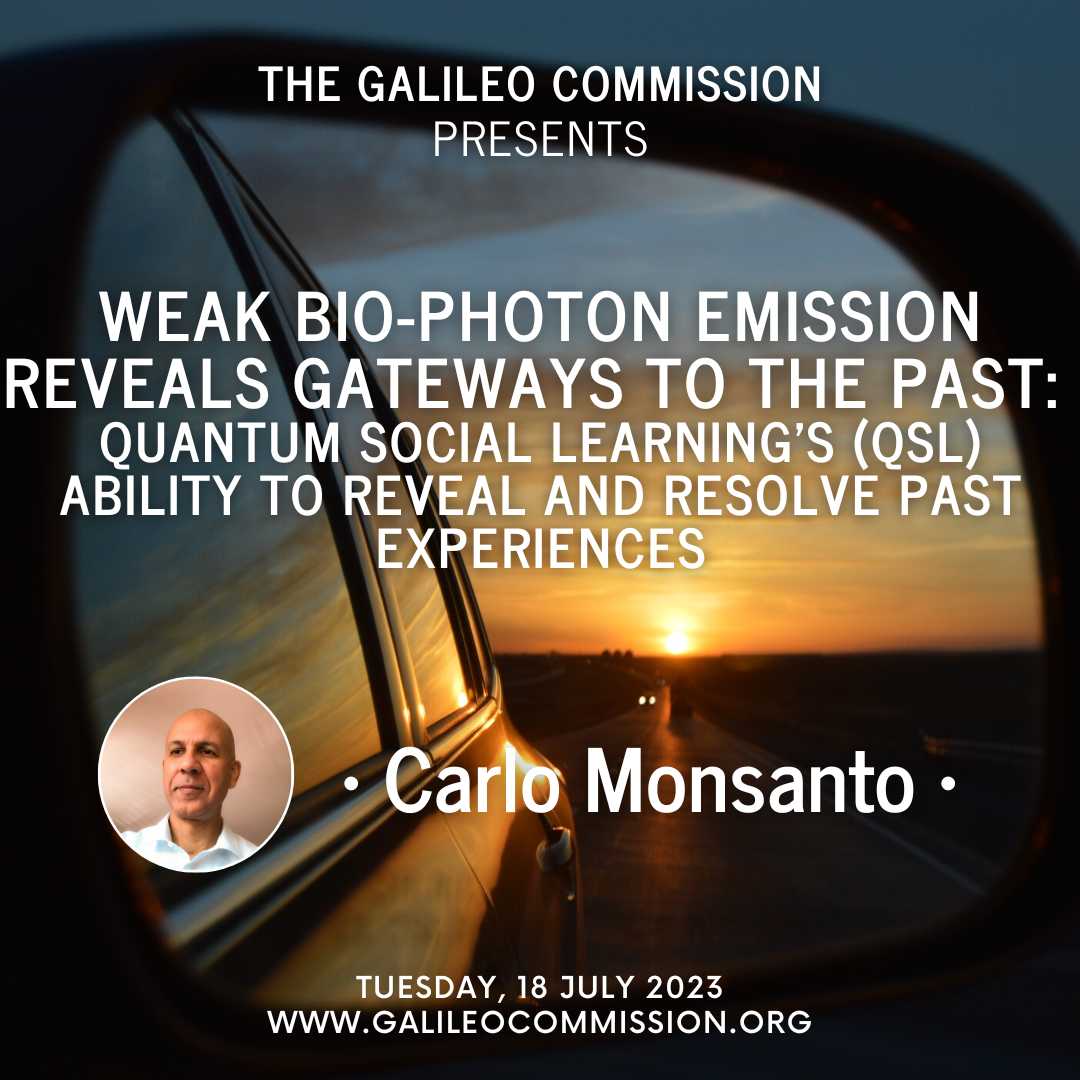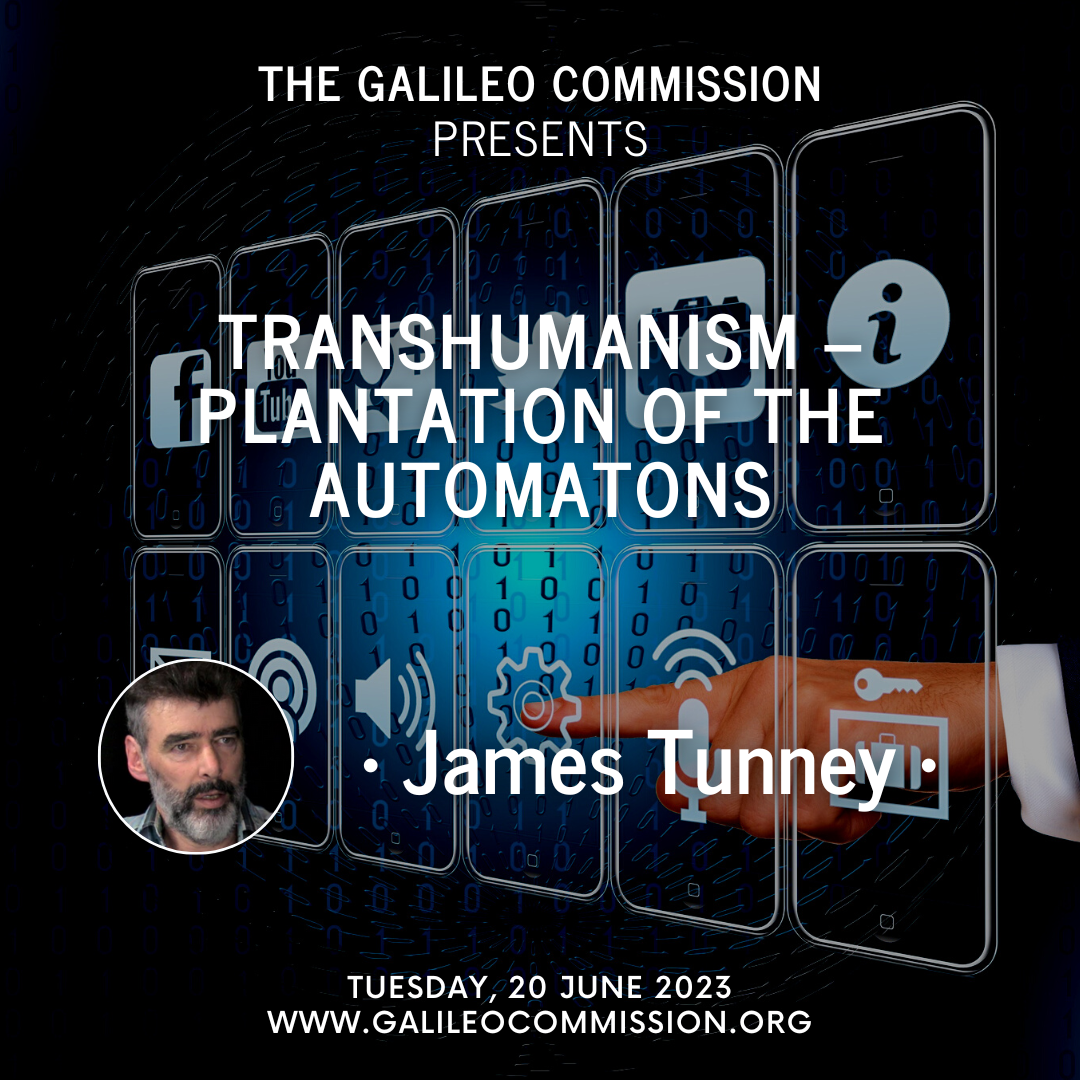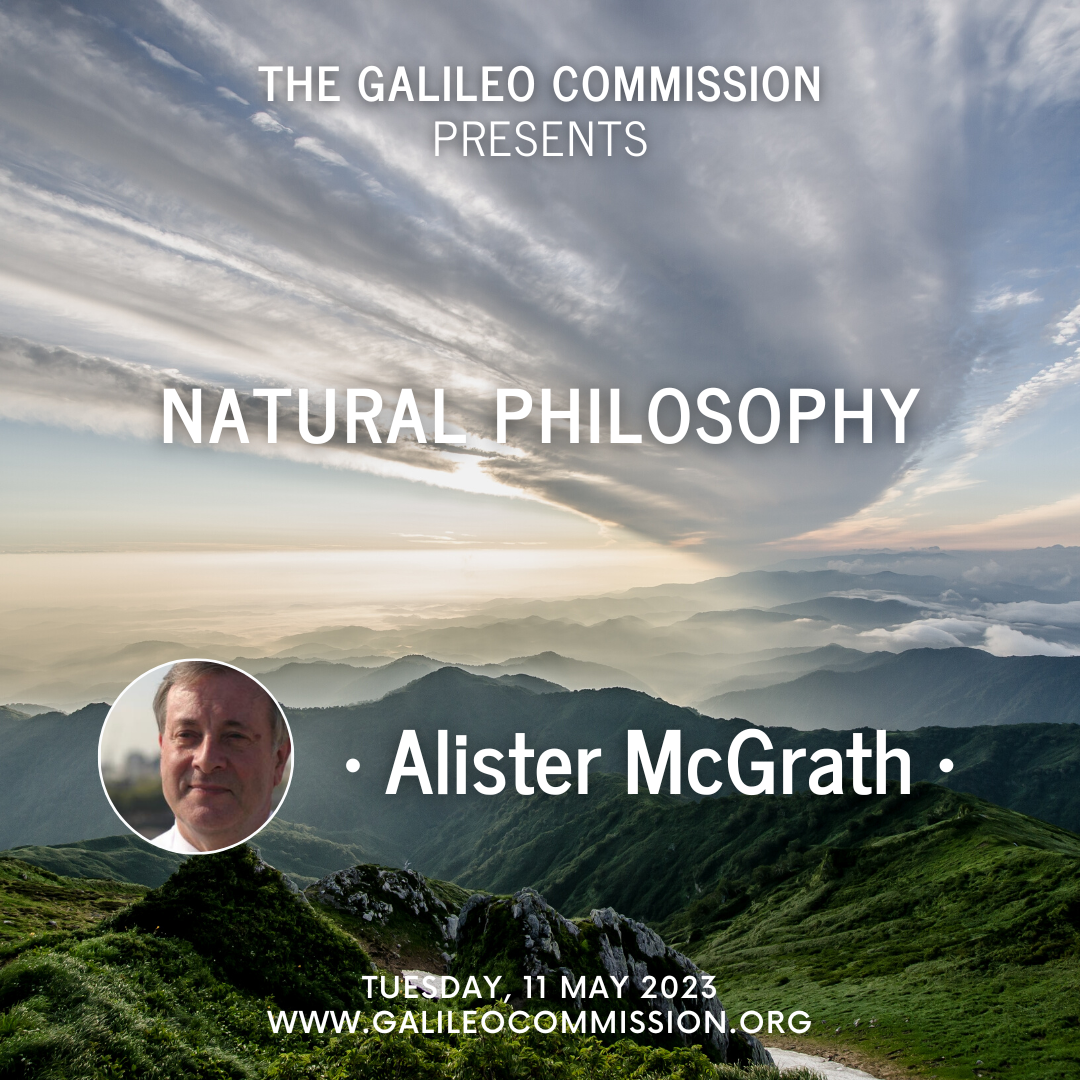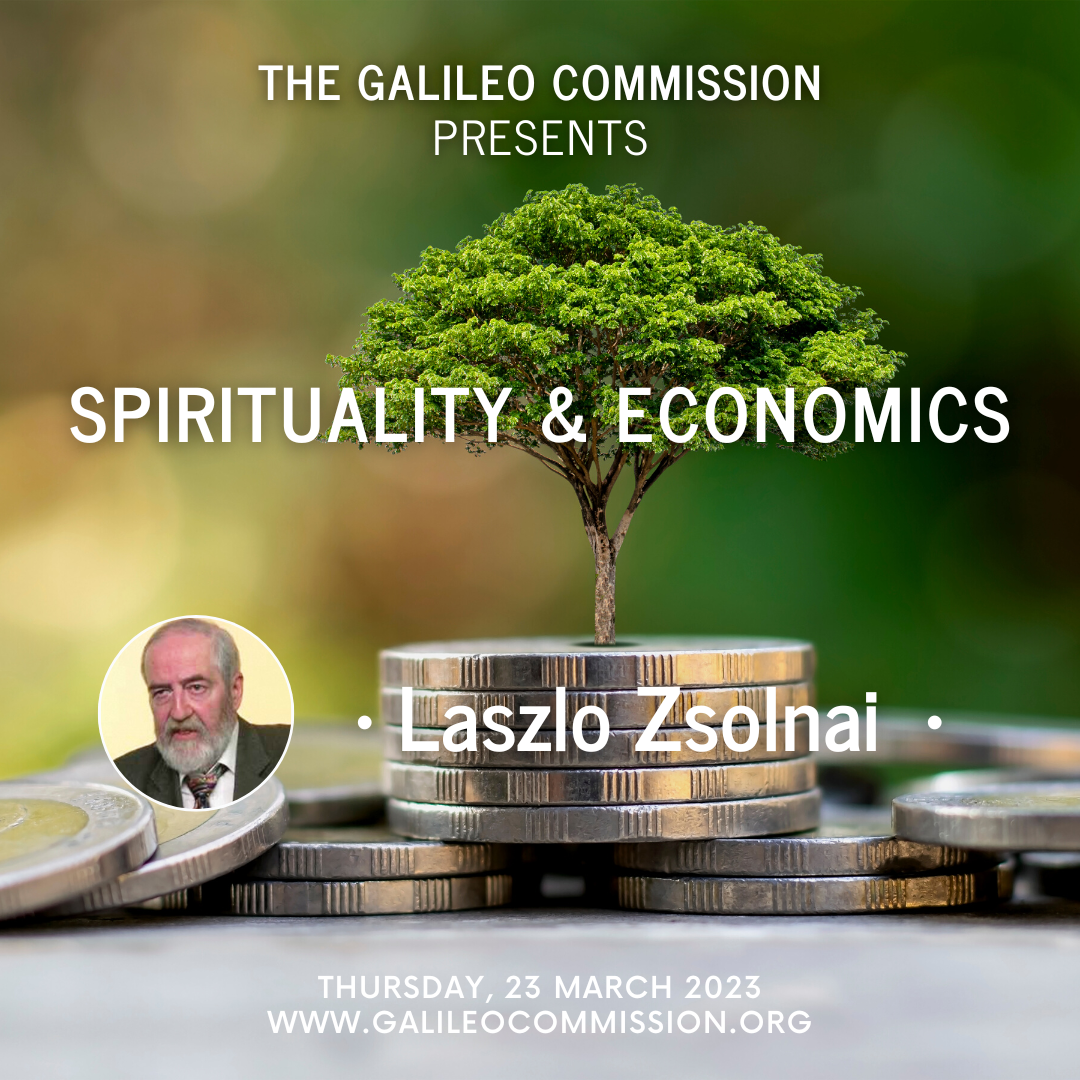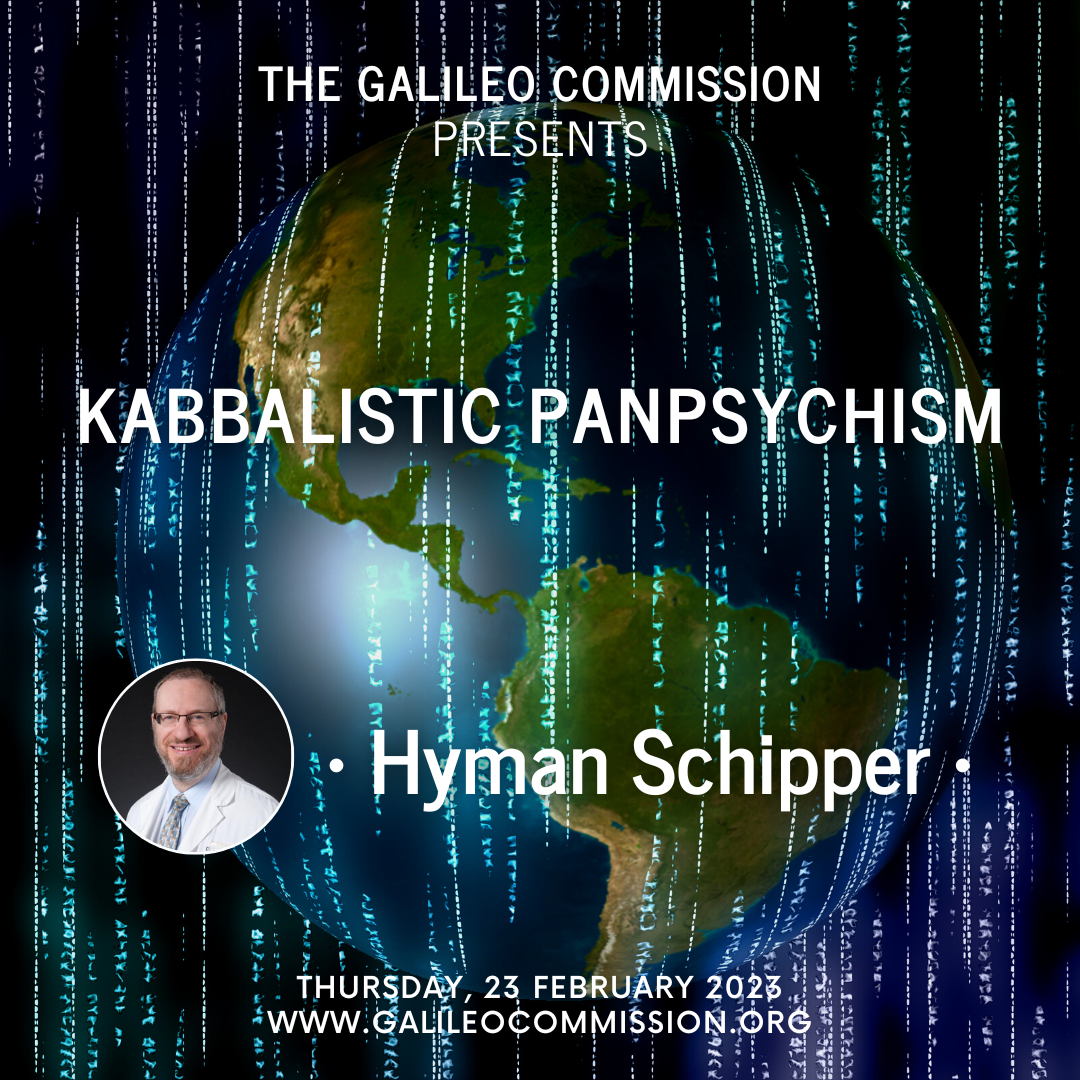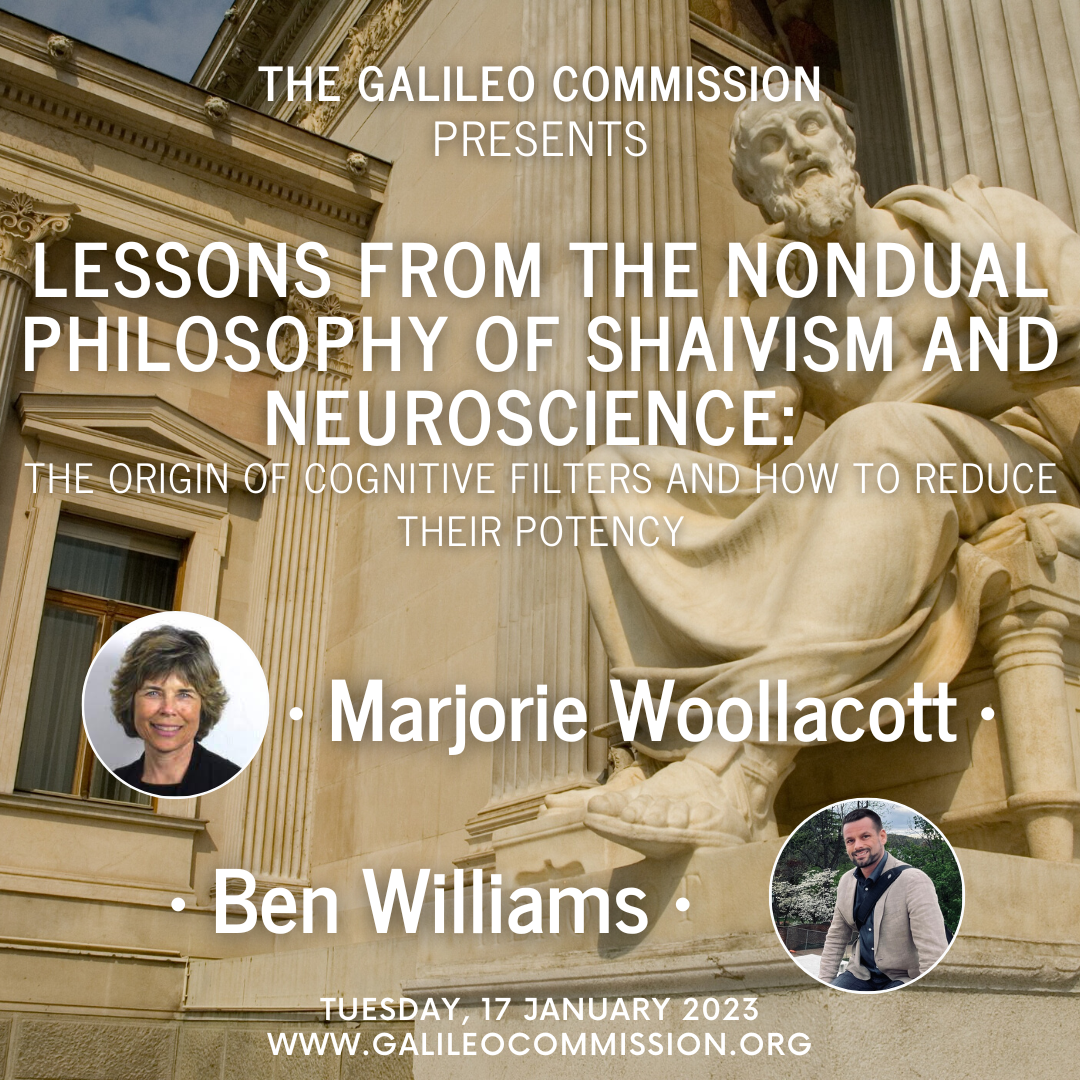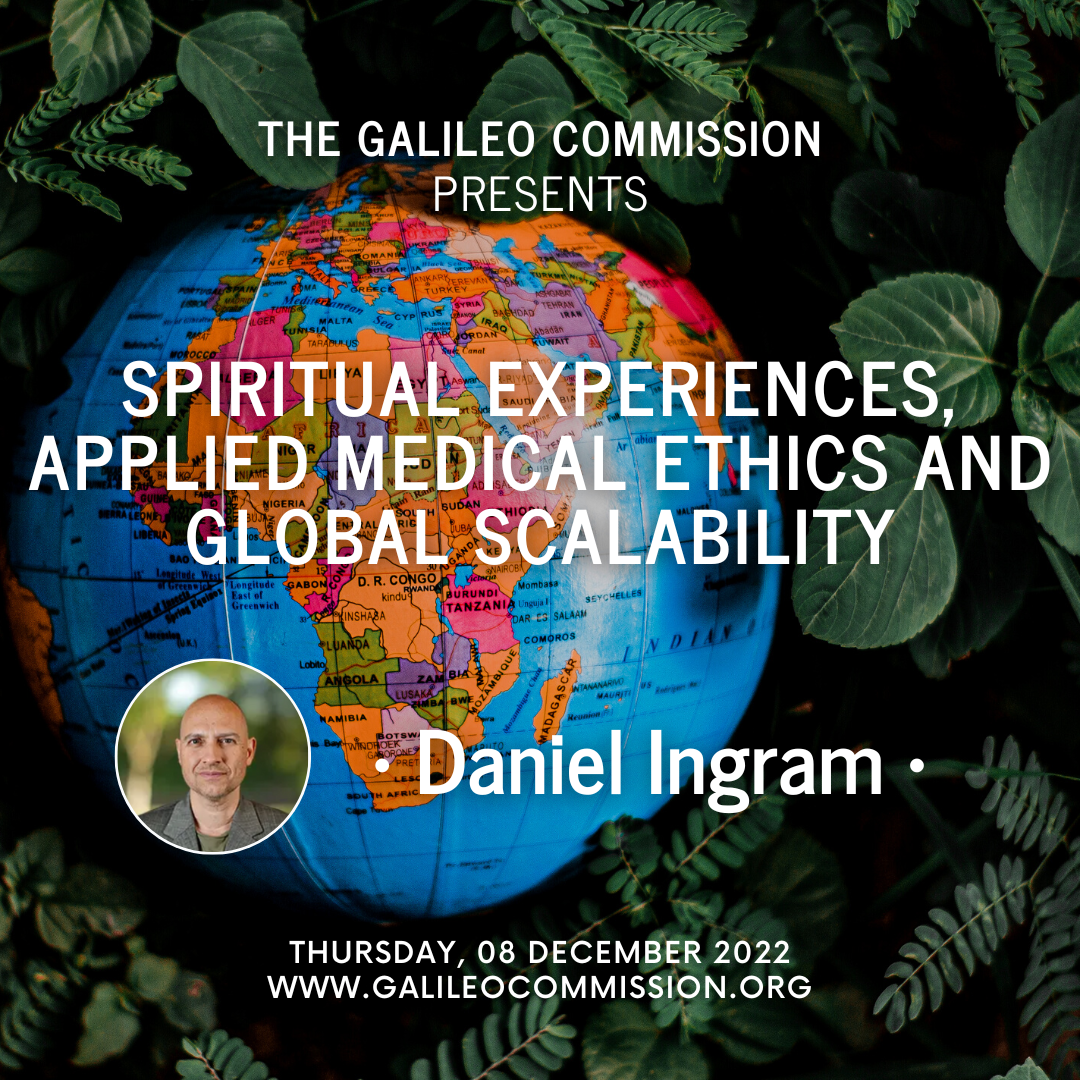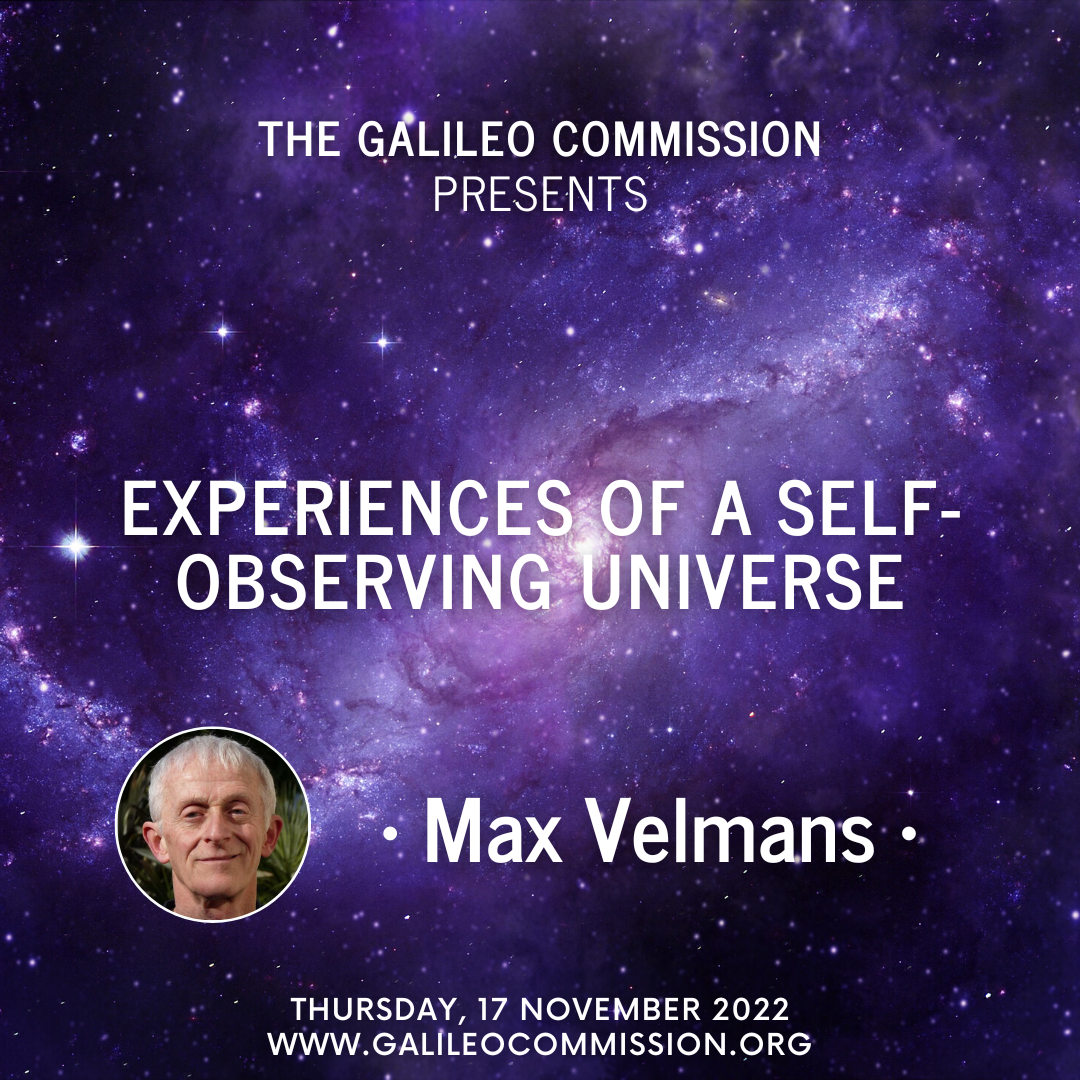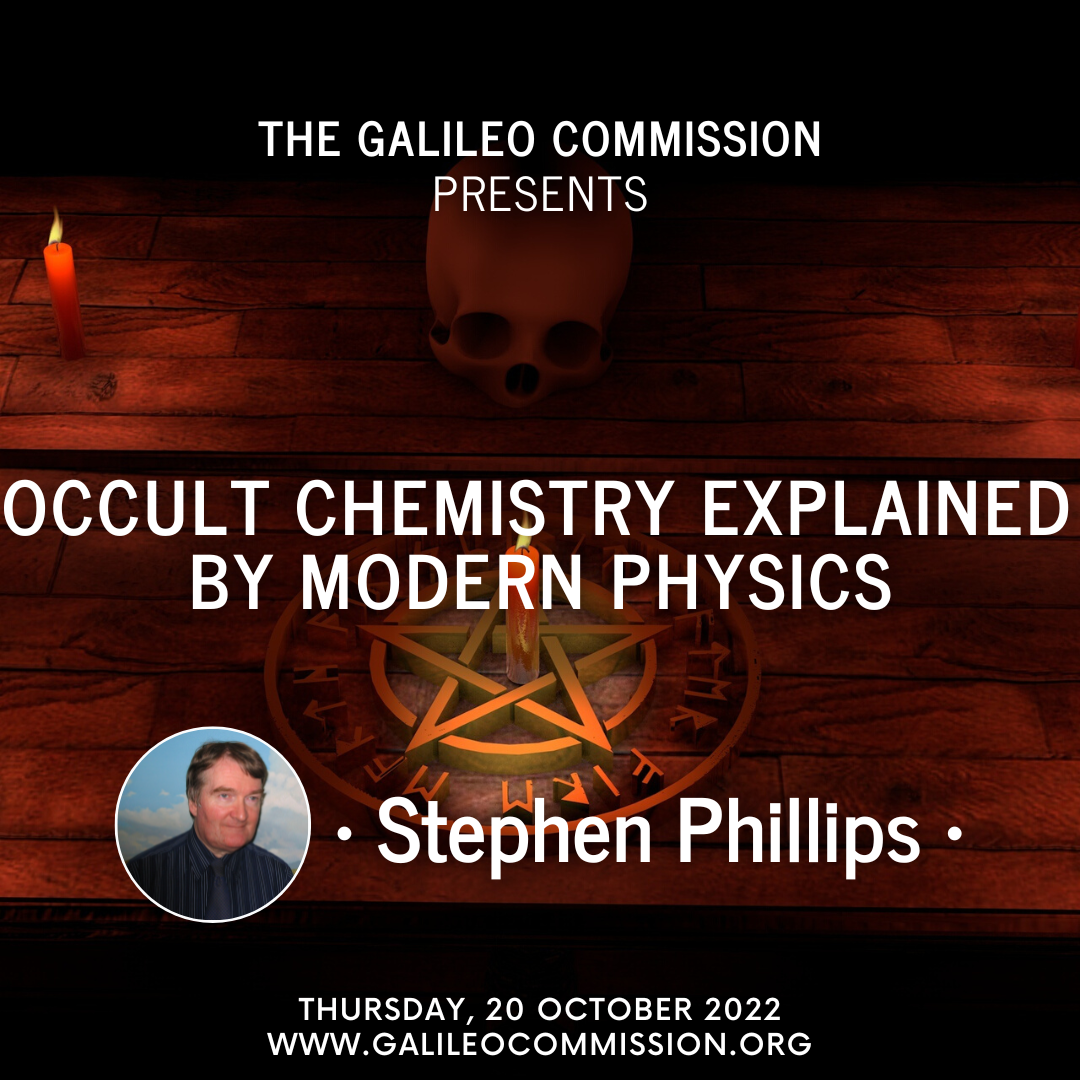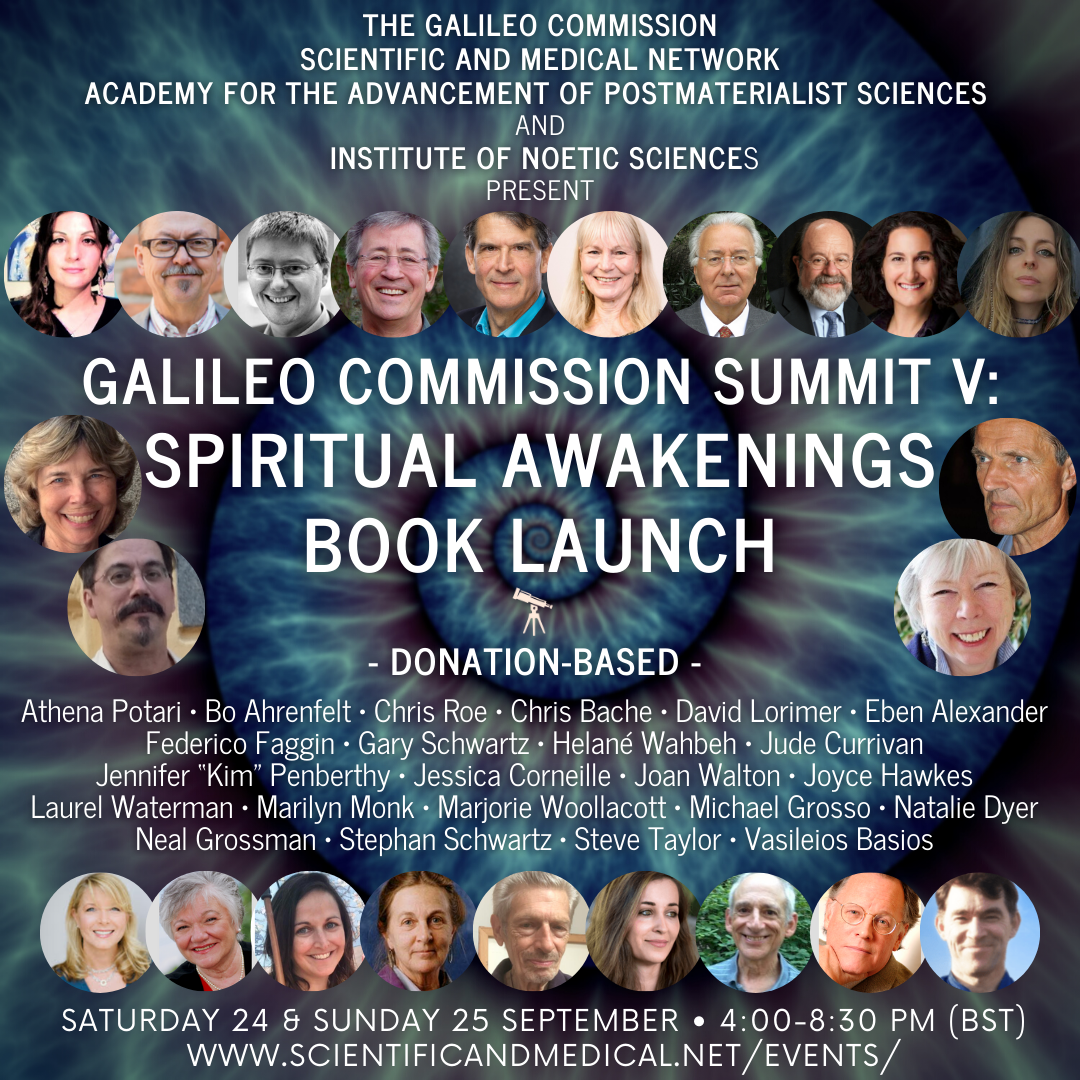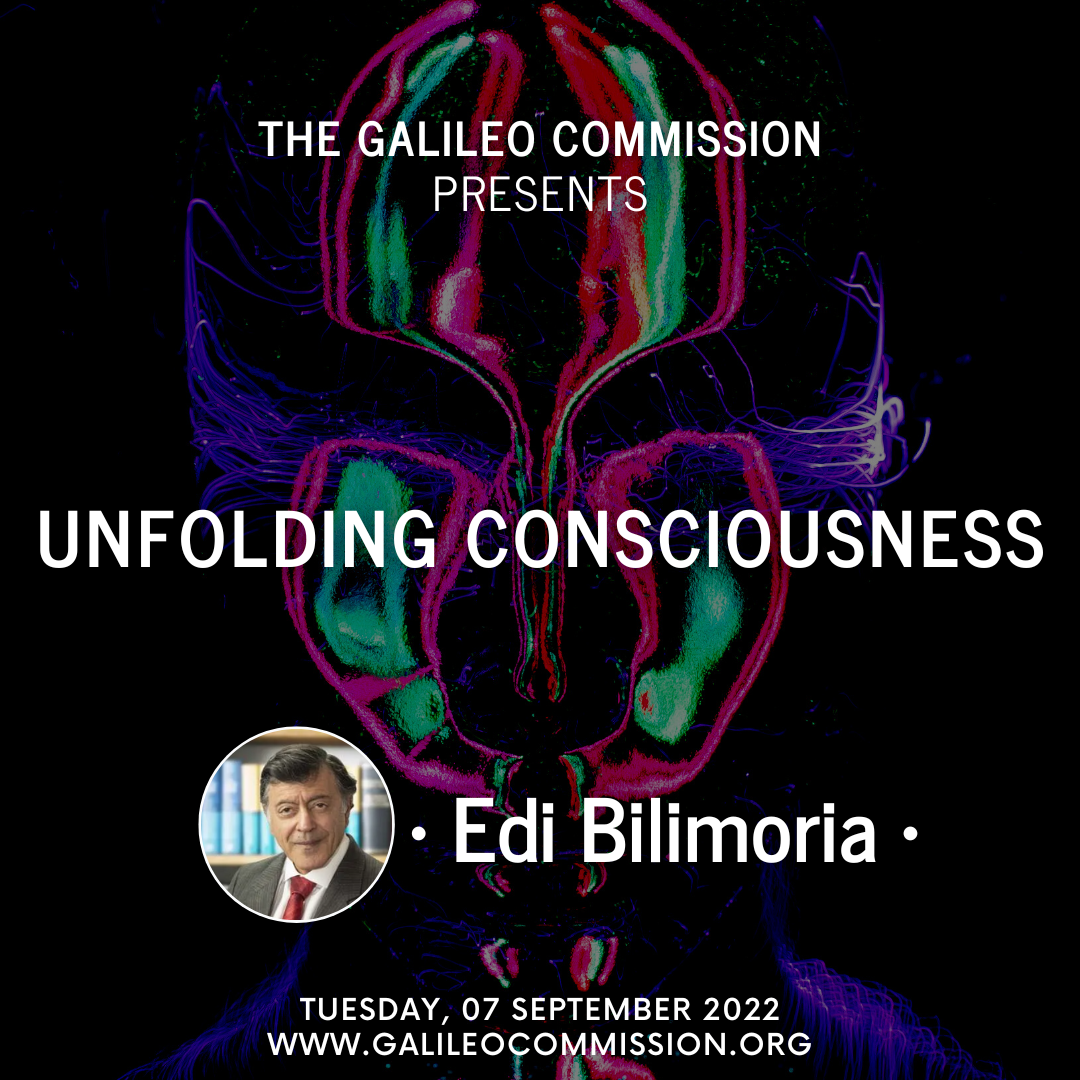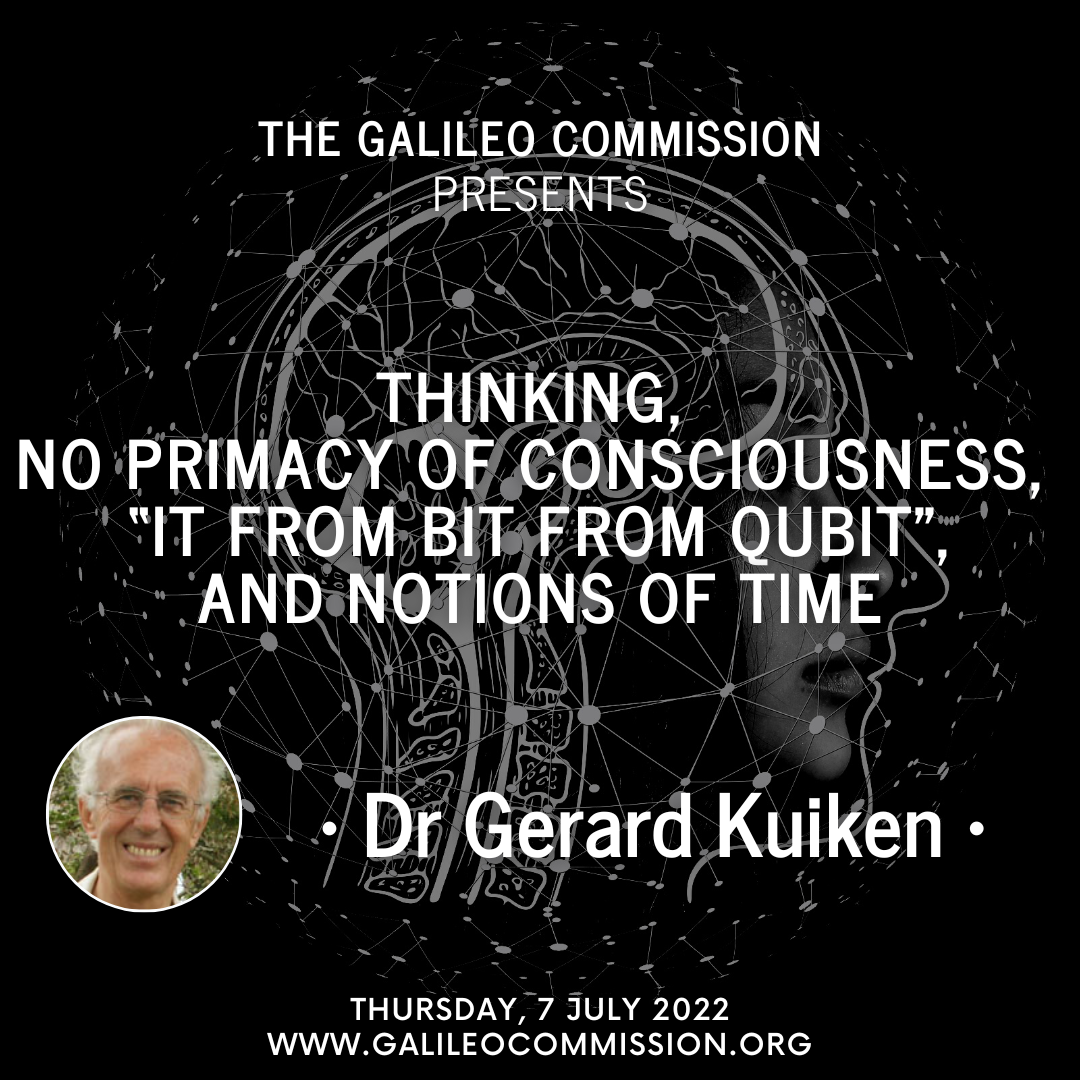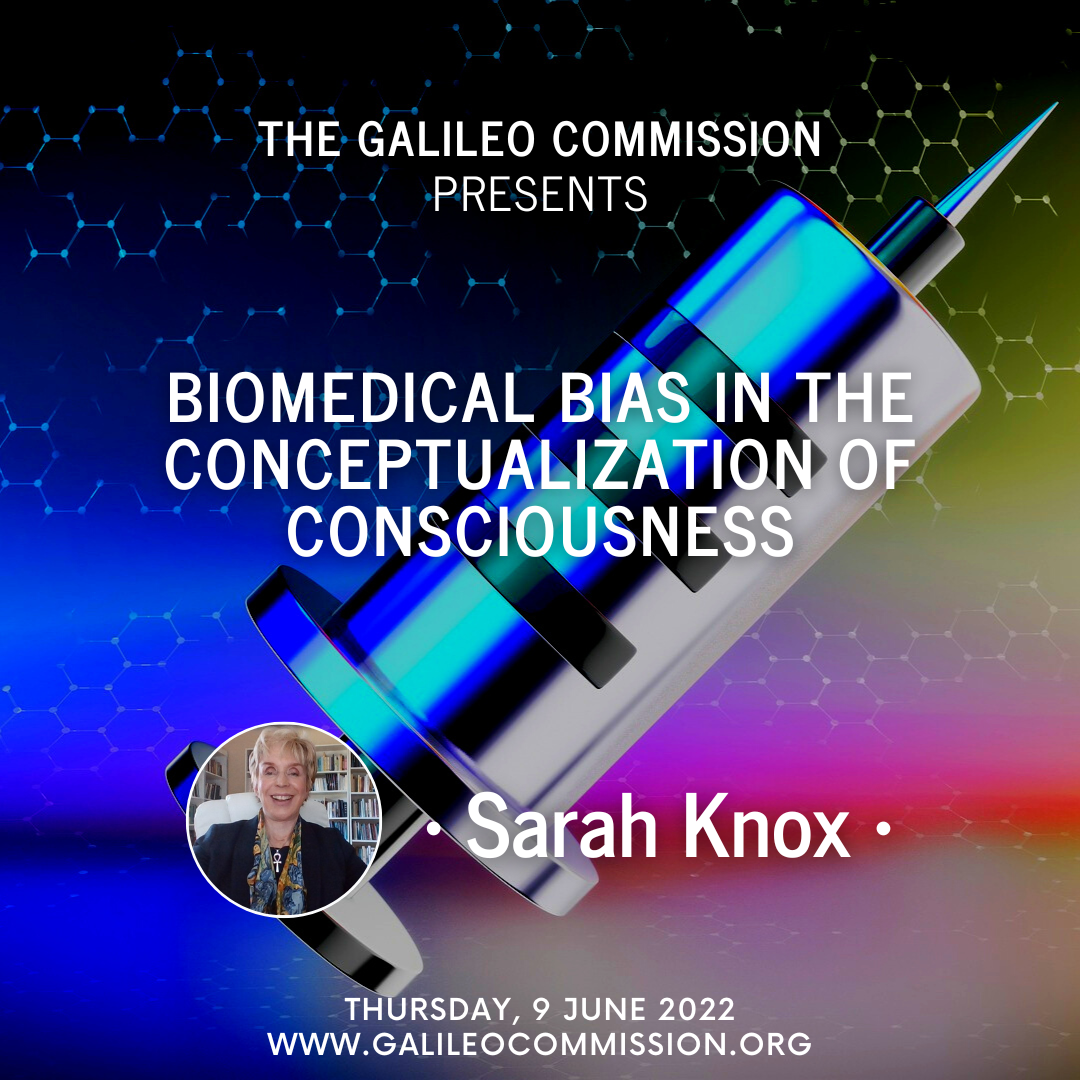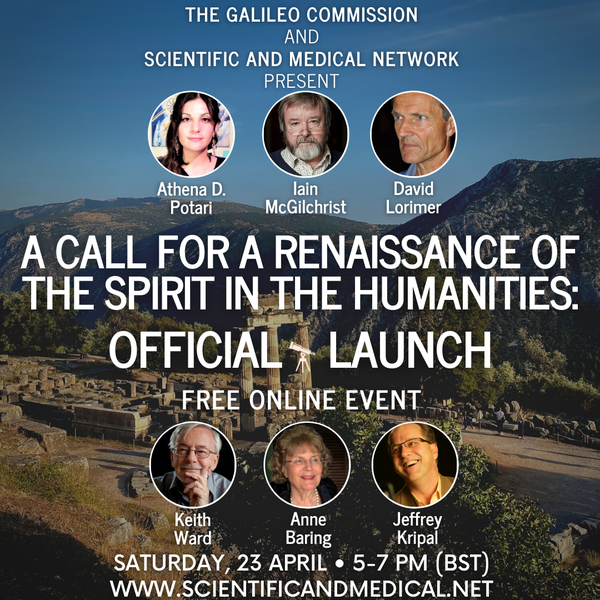The Guardian’s Misleading Story on Near-Death Experiences
The British paper the Guardian recently gave us a junk story on the topic of near-death experiences. It pushed a groundless narrative that a neuroscientist named Jimo Borjigin has done something to help explain such experiences, which is not at all correct.
Modelling the world – Chris Nunn
Of course it’s tempting to suppose that conscious models must be imaginary in some sense, which is true enough in a way. But then one has to remember that they are pictured as woven from threads of durationality that endow the world with manifest existence; so maybe it’s the world that’s more truly ‘imaginary’! Whatever the truth of all this, one thing remains certain – that there’s a huge amount of interest and enjoyment to be gained from investigating it.
Science Enters the Matrix of Consciousness – Stephen Schwartz
GC adviser Stephen Schwartz discusses science and consciousness on his podcast.
The Guardian’s Misleading Story on Near-Death Experiences
The British paper the Guardian recently gave us a junk story on the topic of near-death experiences. It pushed a groundless narrative that a neuroscientist named Jimo Borjigin has done something to help explain such experiences, which is not at all correct.
Modelling the world – Chris Nunn
Of course it’s tempting to suppose that conscious models must be imaginary in some sense, which is true enough in a way. But then one has to remember that they are pictured as woven from threads of durationality that endow the world with manifest existence; so maybe it’s the world that’s more truly ‘imaginary’! Whatever the truth of all this, one thing remains certain – that there’s a huge amount of interest and enjoyment to be gained from investigating it.
Science Enters the Matrix of Consciousness – Stephen Schwartz
GC adviser Stephen Schwartz discusses science and consciousness on his podcast.
The Guardian’s Misleading Story on Near-Death Experiences
The British paper the Guardian recently gave us a junk story on the topic of near-death experiences. It pushed a groundless narrative that a neuroscientist named Jimo Borjigin has done something to help explain such experiences, which is not at all correct.
Modelling the world – Chris Nunn
Of course it’s tempting to suppose that conscious models must be imaginary in some sense, which is true enough in a way. But then one has to remember that they are pictured as woven from threads of durationality that endow the world with manifest existence; so maybe it’s the world that’s more truly ‘imaginary’! Whatever the truth of all this, one thing remains certain – that there’s a huge amount of interest and enjoyment to be gained from investigating it.
Science Enters the Matrix of Consciousness – Stephen Schwartz
GC adviser Stephen Schwartz discusses science and consciousness on his podcast.

– Erwin Schrödinger
– Prof David Bohm


– Albert Einstein
Click on any event to view the recordings as well as event details
